State of Florida Short-Term Rental Regulations
Short-term rental regulations vary depending on the location and may include zoning laws, occupancy and safety standards, taxation, licensing, and insurance requirements review our guides for more information specific to your city.
Reviewed by Karolyn Hutson
Last updated August 29, 2023
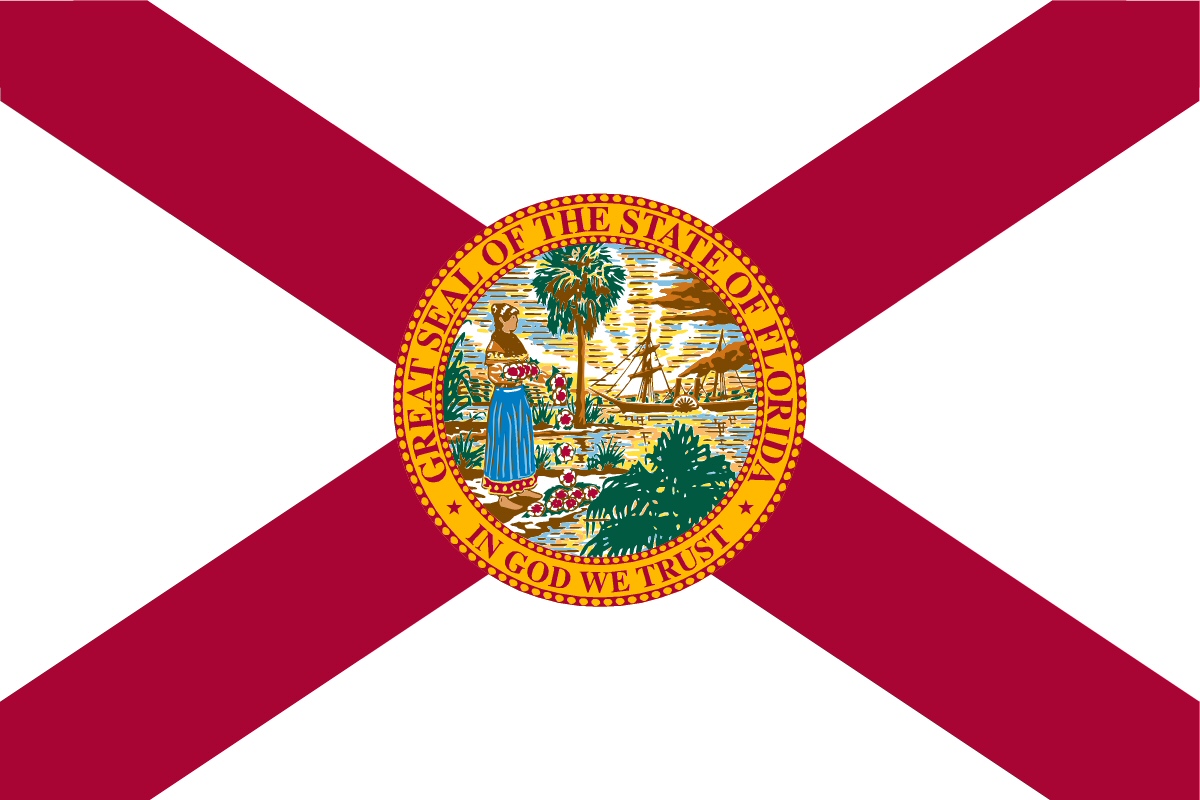
Overview of Florida Short-Term Rental Regulations
Information is maintained by the community to provide helpful insights and links to local regulations, HostScouts does not provide legal or investment advice.
Whether you're just getting started as a vacation rental host in Florida or looking to brush up on the latest regulations, understanding the rules is crucial for success. With popular destinations like Miami, Orlando, and the Florida Keys, the Sunshine State attracts millions of visitors each year. Tap into this demand by learning the ins and outs of Florida's short term rental laws.
We'll break down everything from permit requirements and tax obligations to health and safety standards. I'll share tips from my own experience hosting in Florida to help you avoid pitfalls and maximize bookings. Learning these regulations now will save major headaches down the road. So let's dive in!
Defining Short Term Rentals in Florida
The terms "short term rental," "vacation rental," and "transient rental" are used interchangeably in Florida. They refer to any furnished accommodation rented out for less than 6 months. This includes rentals booked through platforms like Airbnb, VRBO, and FlipKey.
Importantly, Florida laws differentiate short term rentals from hotels and motels. While hotels are commercial properties, short term rentals are classified as residential. This affects zoning restrictions, licensing requirements, and more.
What's Considered a Short Term Rental
Florida law defines a vacation rental if you are renting an entire unit more than three times in a calendar year for periods of less than 30 days or 1 calendar month, whichever is less, or if it’s advertised or held out to the public as a place regularly rented to guests.
Any furnished property meeting this definition and rented out for 6 months or less is considered a short term rental under Florida law. This includes:
- Apartments
- Condos
- Single family homes
- Bed and breakfasts
- Houseboats
The property must be provided fully furnished and ready for guests. Anything with a lease longer than 6 months is not considered a vacation rental.
State vs Local Regulations
Both the state of Florida and individual municipalities regulate short term rentals. The state sets baseline requirements around licensing, taxes, and safety. But cities and counties can also impose their own ordinances. Make sure to check both state laws and local regulations when getting started. I've been caught off guard by local nuances one too many times!
Starting a Short Term Rental Business in Florida
Launching a compliant short term rental in Florida takes some legwork upfront. You'll need to get licensed, register your property, and meet safety standards. Here are the key steps to get up and running:
State License
Beyond tax registration, you'll need to get your vacation rental licensed through the Department of Business and Professional Regulation (DBPR). This applies to all vacation rentals, whether you're renting out a whole unit or just a room. However, you're exempt from this requirement if you're hosting guests while staying on the property. Licenses cost $50 and are valid for 2 years.
Local Registration
Most Florida municipalities require short term rentals to register with the city or county. This might involve obtaining a local business tax receipt or rental permit. Fees and regulations vary across jurisdictions.
For example, Miami Beach charges annual permit fees up to $2,300 per unit. Fort Lauderdale caps short term rentals at 3% of housing units citywide. Research requirements for your specific area early.
Tax Obligations for Florida Vacation Rentals
As a short term rental host, you're responsible for collecting and remitting several taxes. Understanding these obligations is key to remaining compliant. Let's look at the main taxes for Florida vacation rentals:
State Sales Tax
The Florida sales tax rate is 6%. As a host, you must collect and remit sales tax on all rental payments. This applies to base rental fees, cleaning fees, and any other charges to guests.
Sales tax also applies to reservations booked through third-party sites like Airbnb. Be sure to factor this into your rates so you don't eat the cost.
Local Tourist Development Tax
Florida allows counties to collect a local Tourist Development Tax on short term rentals. Rates vary by jurisdiction - in Miami-Dade it's 13%, in Gulfport it's 5%. Research the specific rate in your county.
This occupancy tax applies to rental payments less any sales tax collected. As the host, you're responsible for filing returns and remitting payment monthly or quarterly.
Business Taxes
Most Florida cities and counties require short term hosts to pay local business taxes. Often this takes the form of a business tax receipt you must display onsite.
Business tax rates also vary across the state. Be sure to check requirements for your jurisdiction when applying for licenses and permits.
Health and Safety Standards
To protect guests, Florida sets legal safety standards for short term rentals. Following these rules helps provide quality lodging experiences.
Minimum Requirements
All short term rentals in Florida must provide:
- Smoke detectors
- Fire extinguishers
- Carbon monoxide detectors
- Properly installed appliances
- GFCI outlets near wet areas
- Emergency lighting
Ensure your property meets all requirements before hosting guests. This protects both them and you from harm. I also recommend installing smart home devices to remotely control door locks, lights, and thermostats. Technology helps me monitor my units and provide quality service for guests. Properties must also meet requirements around egress, ventilation, and structural integrity. Don't take shortcuts - follow all minimum standards.
Swimming Pool Safety
If your Florida rental has a swimming pool or hot tub, additional regulations apply. This includes:
- Proper enclosures or barriers
- Compliant drain covers
- Approved safety signage
- Access to lifesaving equipment
- Regular maintenance and cleaning
Don't wait for an inspection to catch pool hazards. Stay proactive to prevent accidents involving guests.
Evacuation Information
Coastal rentals should provide details on hurricane evacuation zones and shelters. Post maps and plans in a visible area for guests. Make sure contact information is easy to find.
Wrapping Up
Operating a successful Florida vacation rental means understanding state laws and local regulations. From acquiring your license to collecting taxes, use this guide to stay compliant. I've learned the hard way - following the rules now prevents major headaches as a host.
Safety and hospitality go hand in hand. By providing quality lodging, you build your business through word of mouth. So take the time to get it right. Follow this guide, and you'll be on your way to Florida short term rental success!
Florida Airbnb Regulations by City
Information is maintained by the community to provide helpful insights and links to local regulations, HostScouts does not provide legal or investment advice.
-

Ameila Island
Regulation: TBD
6.4 -
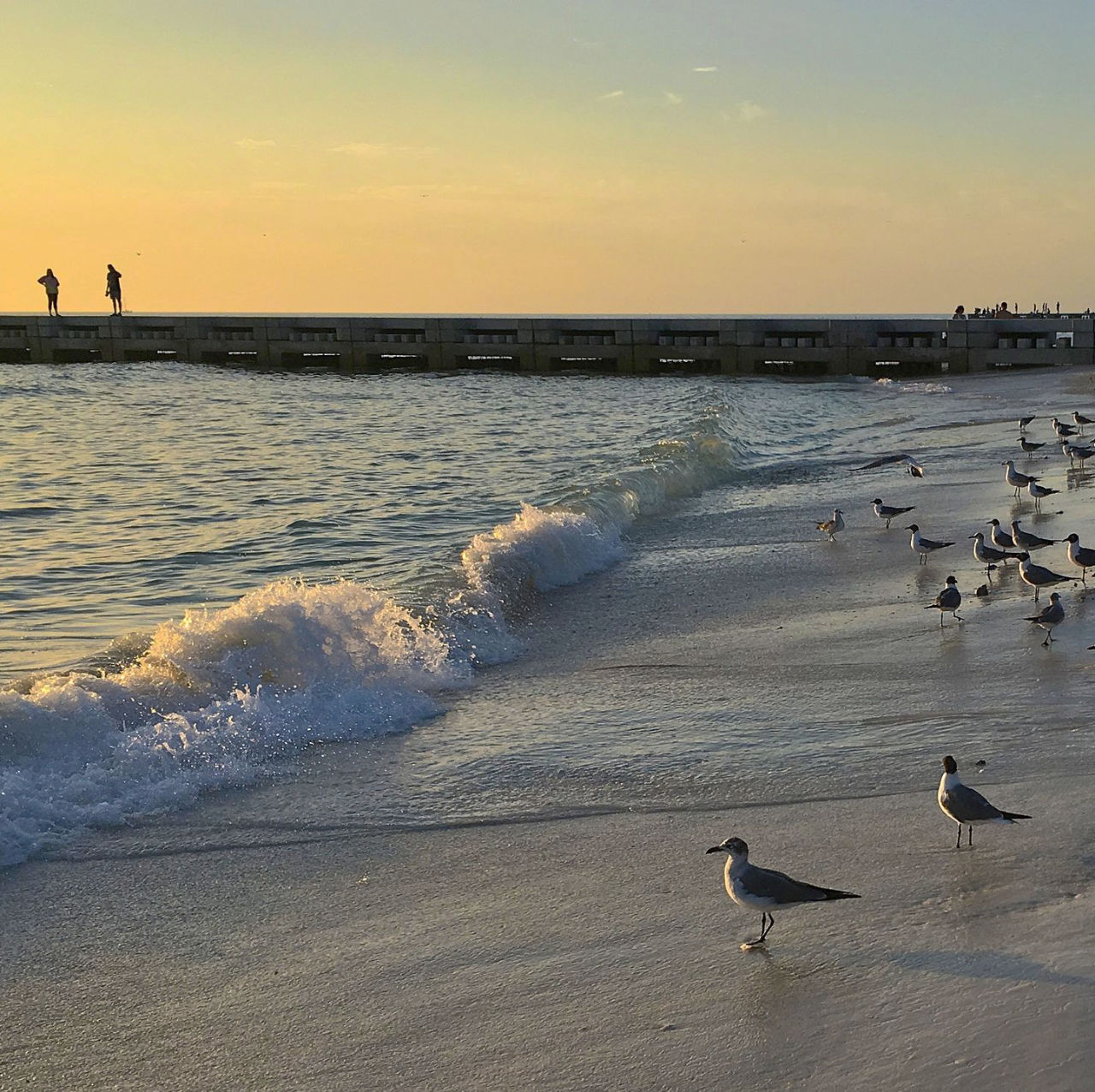
Anna Maria Island
Regulation: TBD
4.6 -
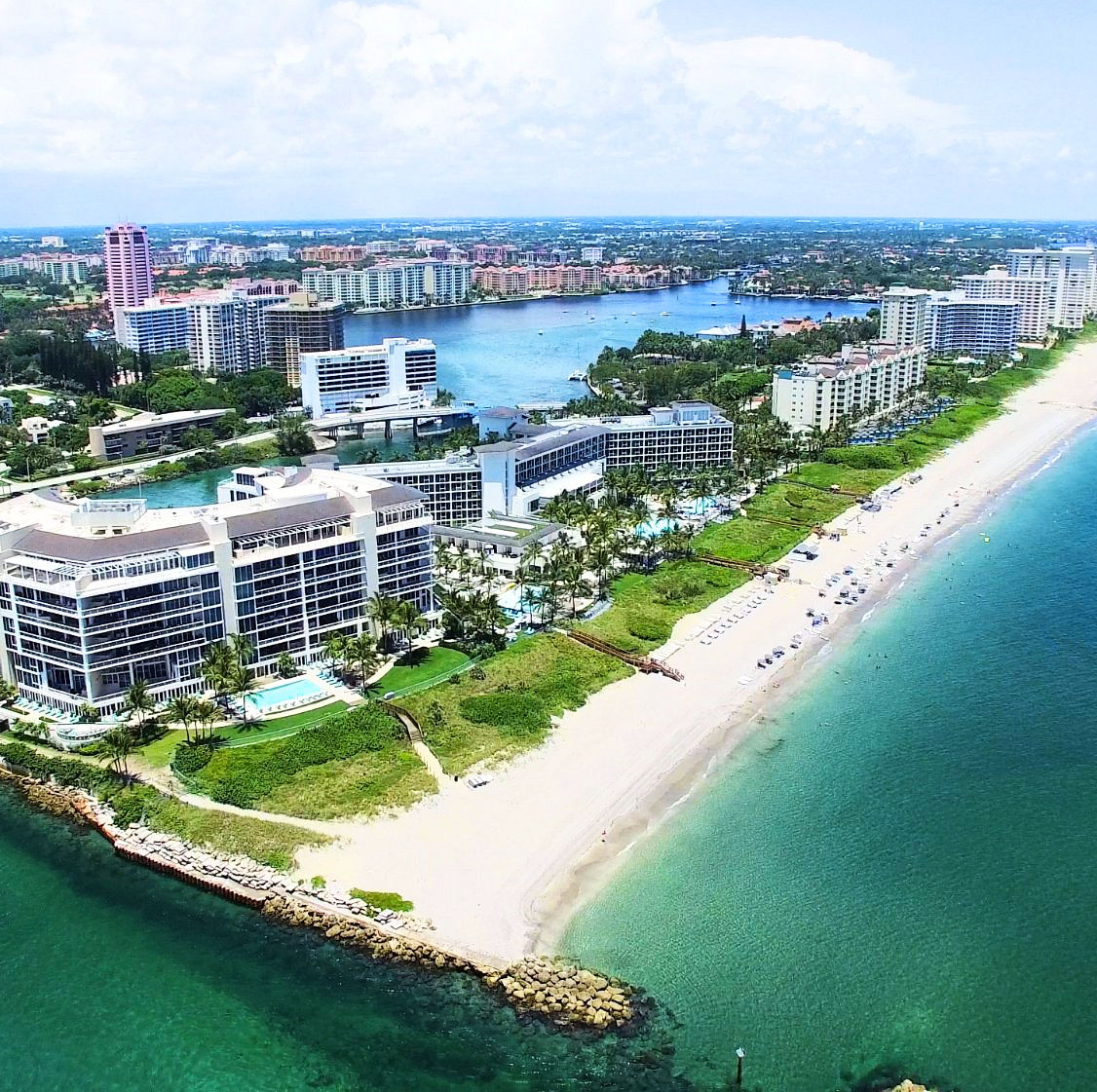
Boynton Beach
Regulation: TBD
6.2 -
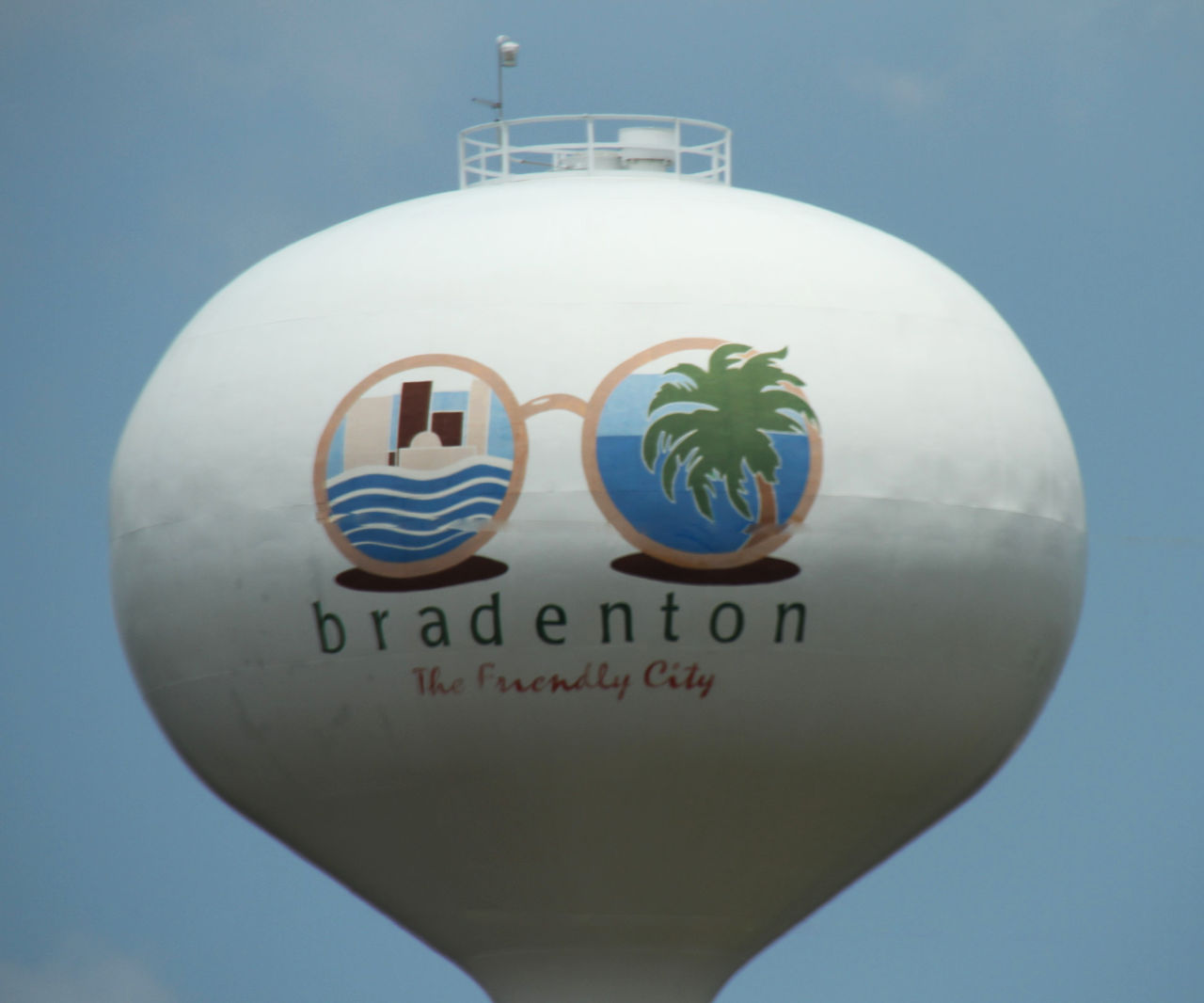
Bradenton
Regulation: TBD
4.6 -

Cape Canaveral
Regulation: TBD
5.9 -
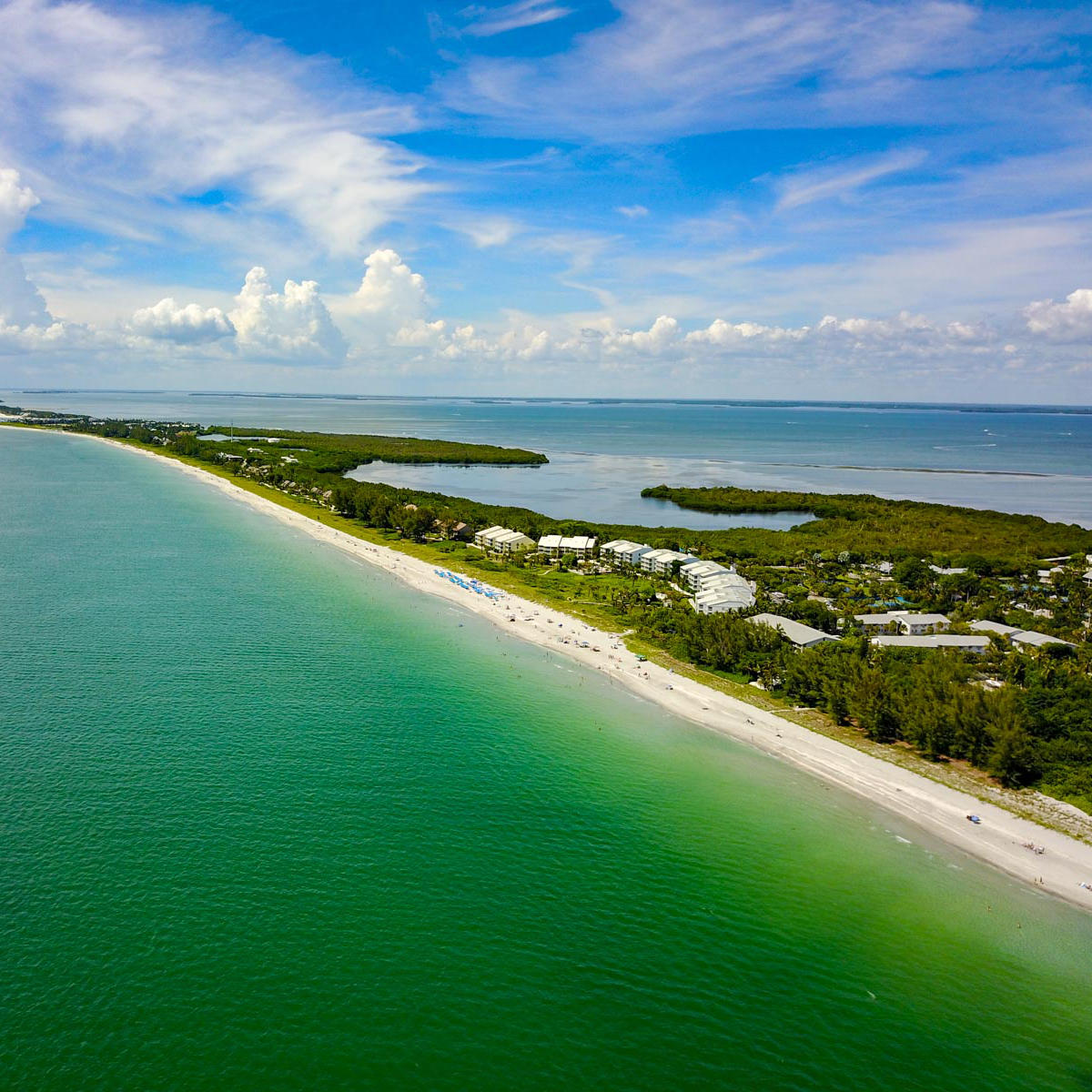
Cape Coral
Regulation: Restricted
4.9 -
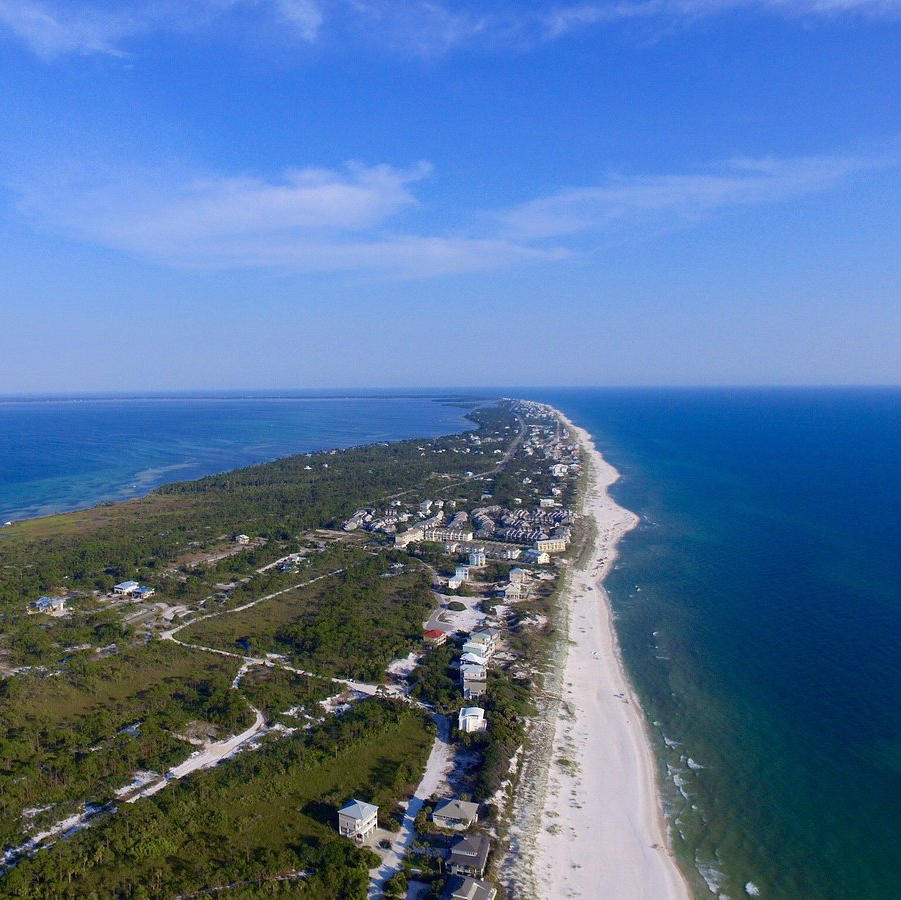
Cape San Blas
Regulation: TBD
5.4 -
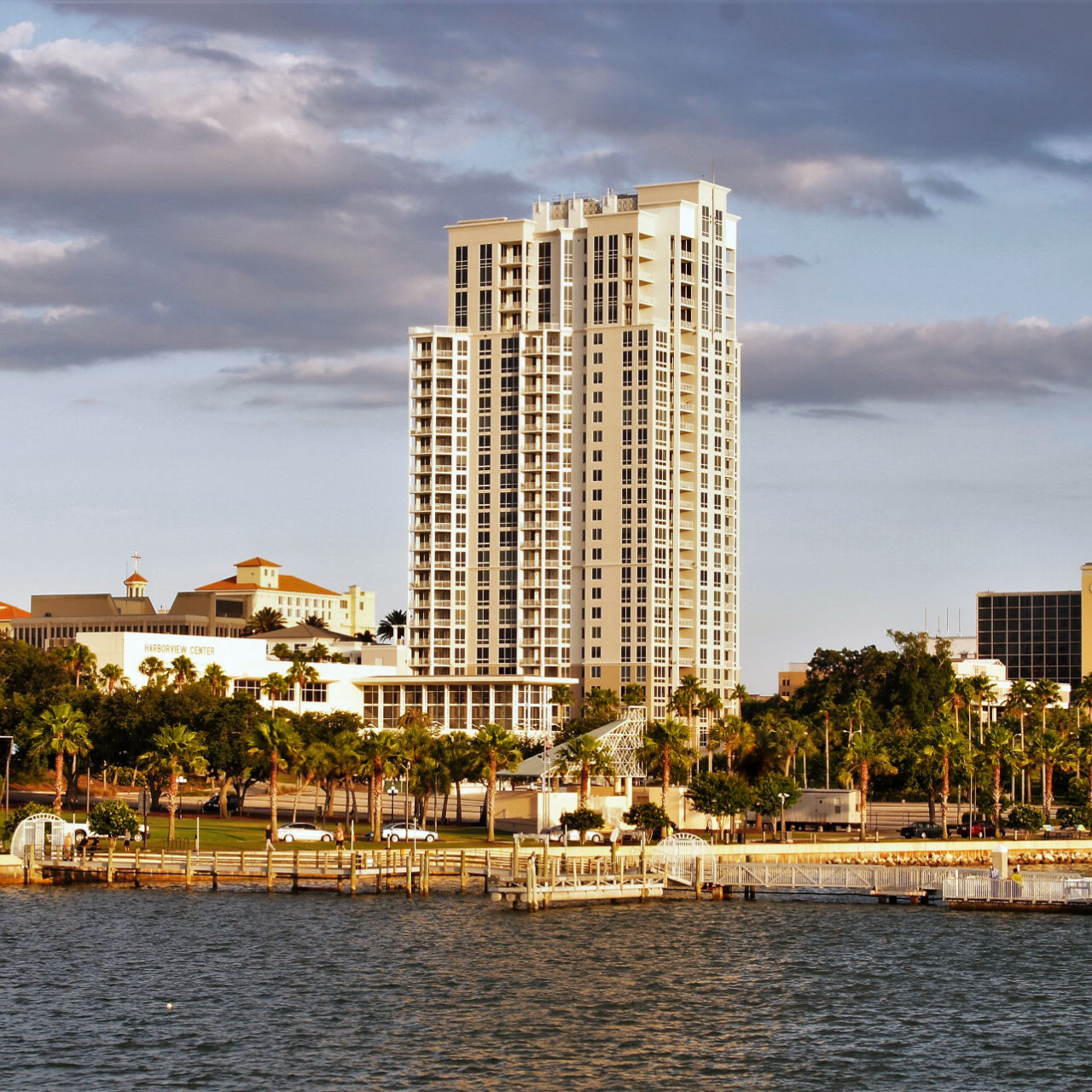
Clearwater
Regulation: Restricted
4.6 -
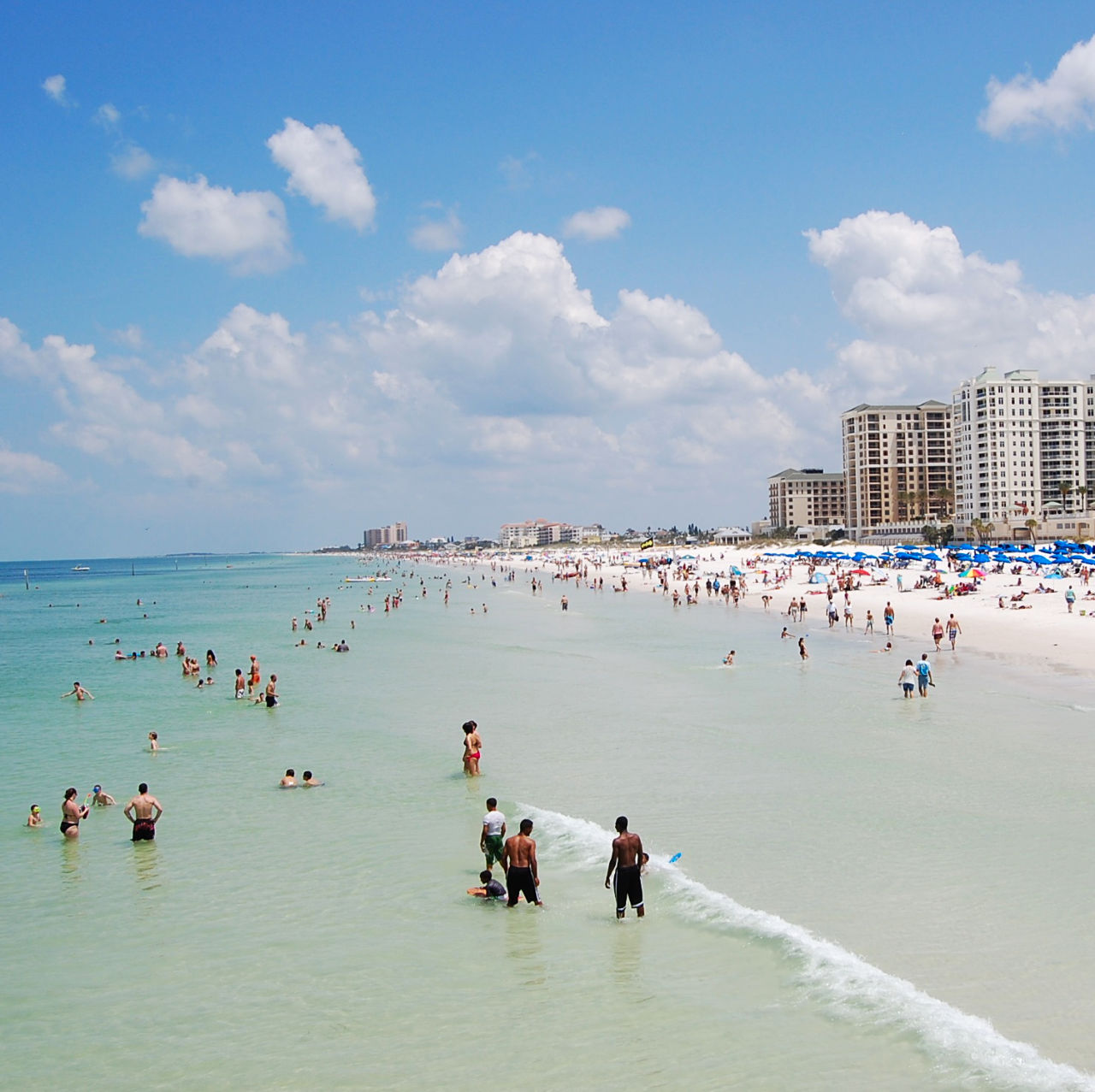
Clearwater Beach
Regulation: TBD
4.8 -
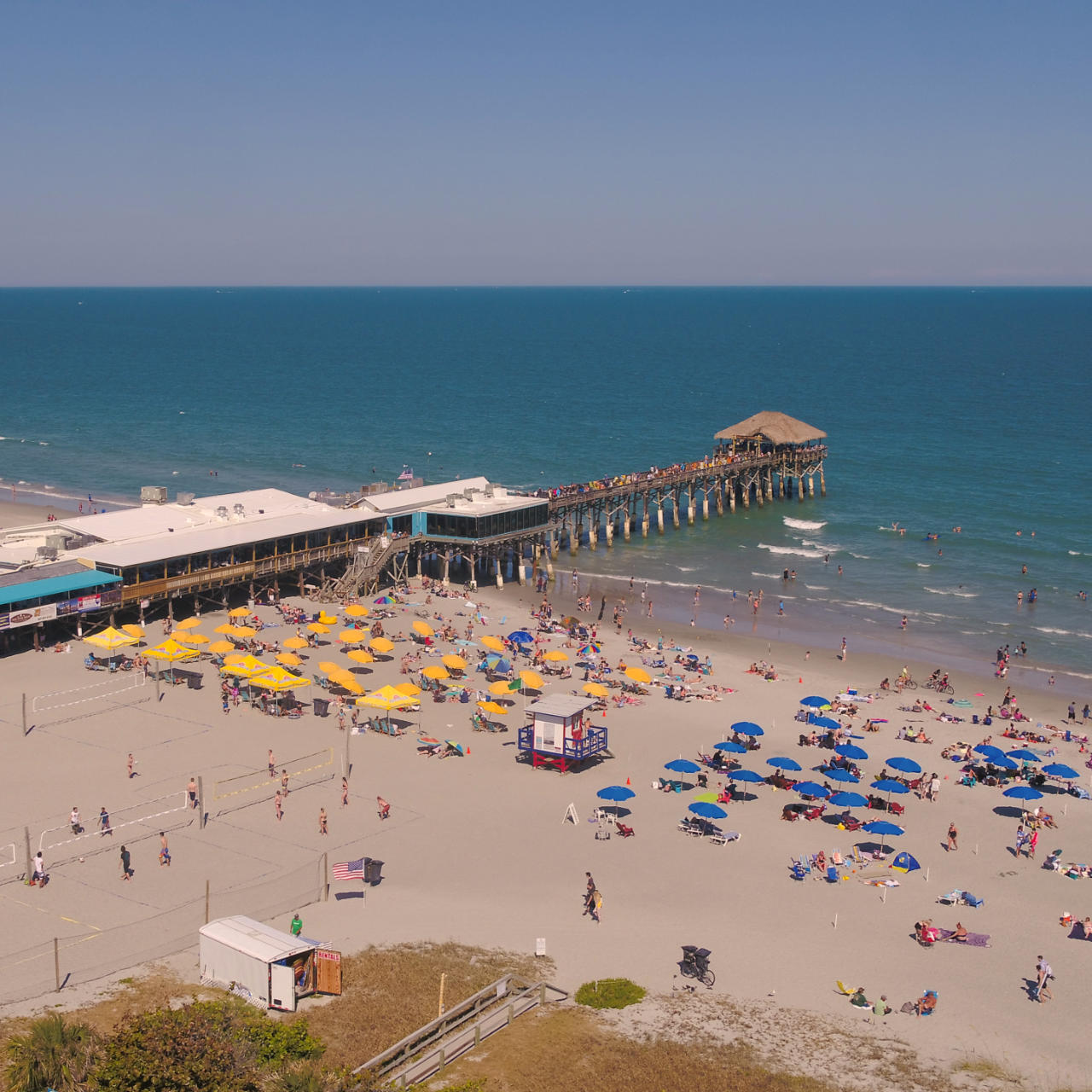
Cocoa Beach
Regulation: Allowed
6.3 -
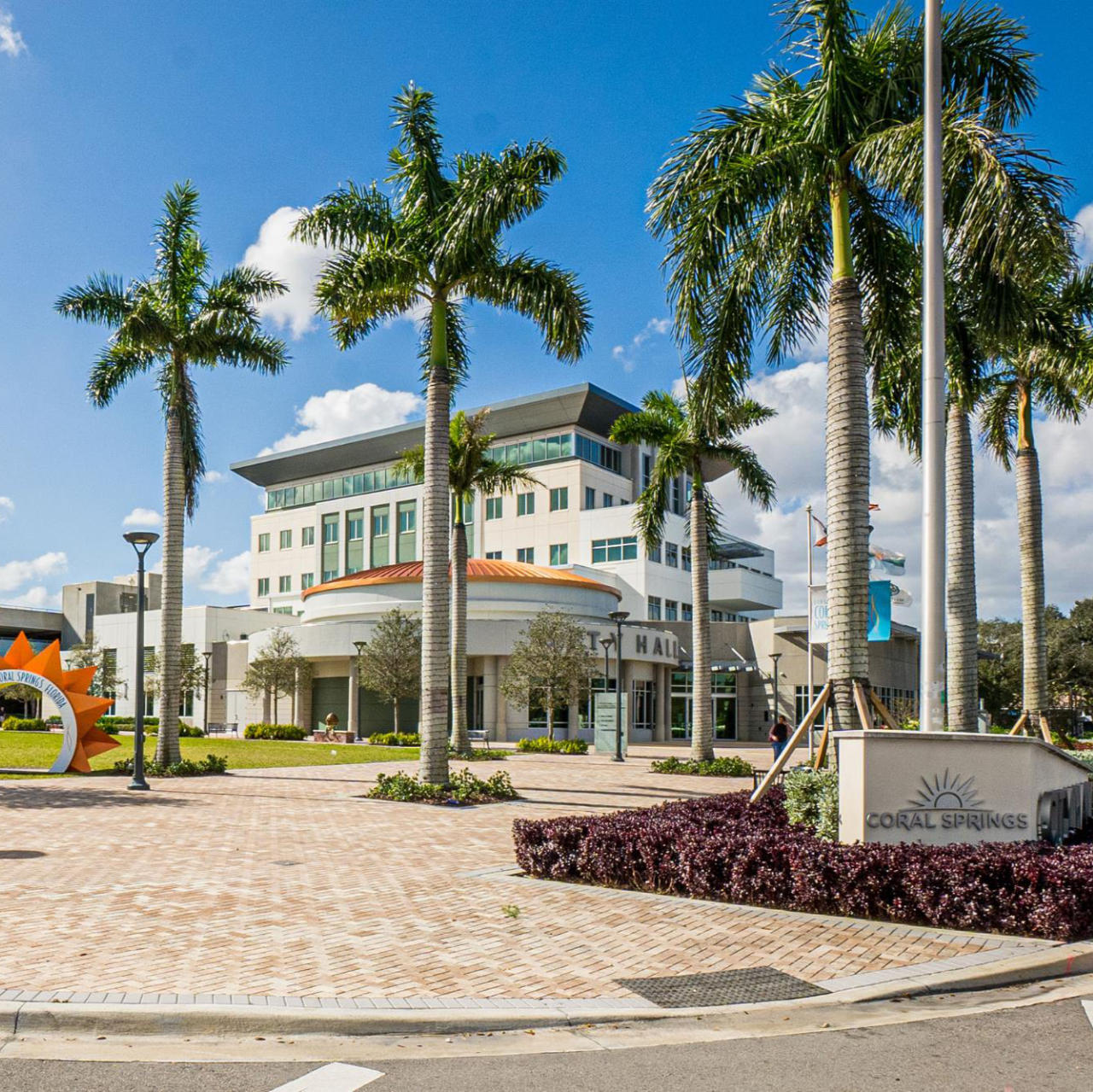
Coral Springs
Regulation: Restricted
6.3 -
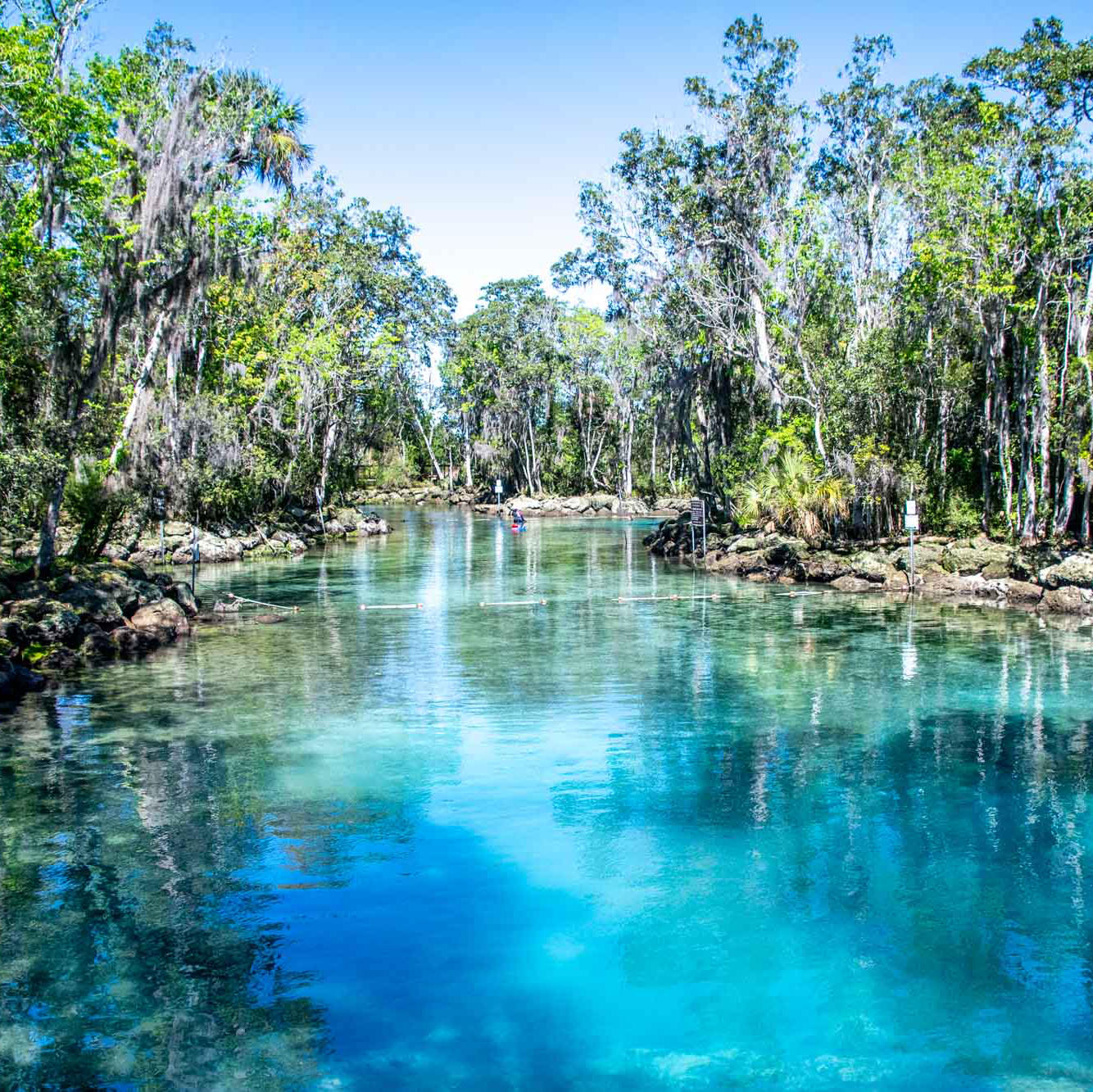
Crystal River
Regulation: TBD
6.6 -
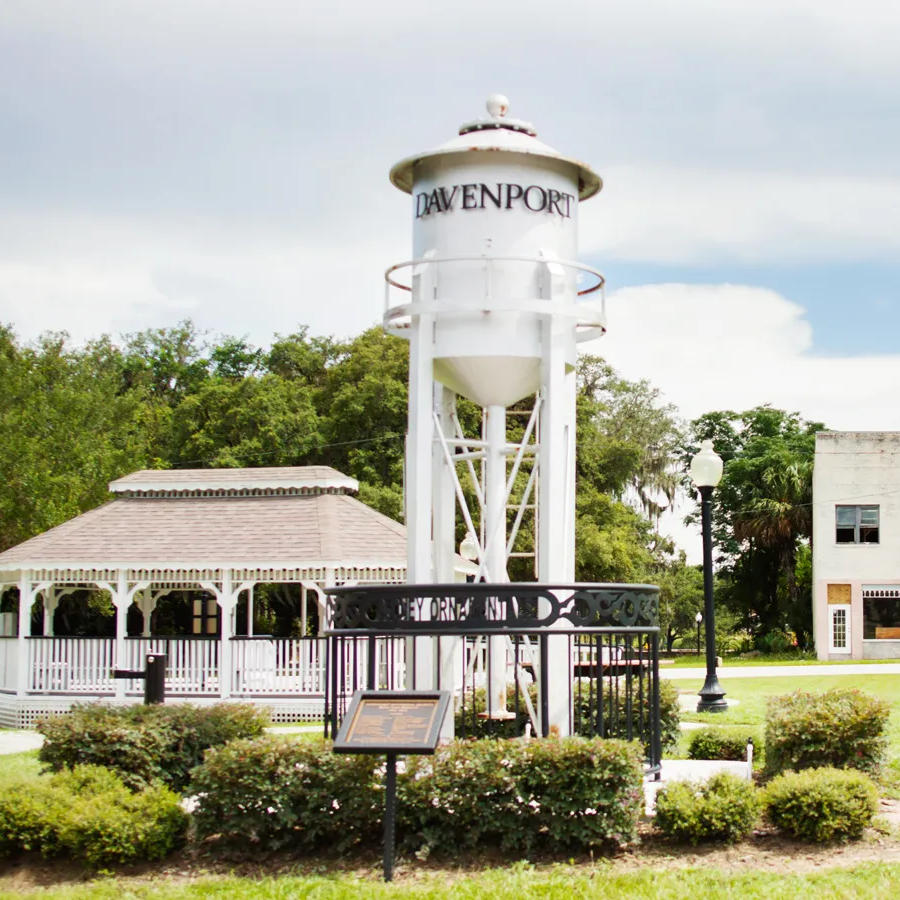
Davenport
Regulation: Allowed
5.6 -
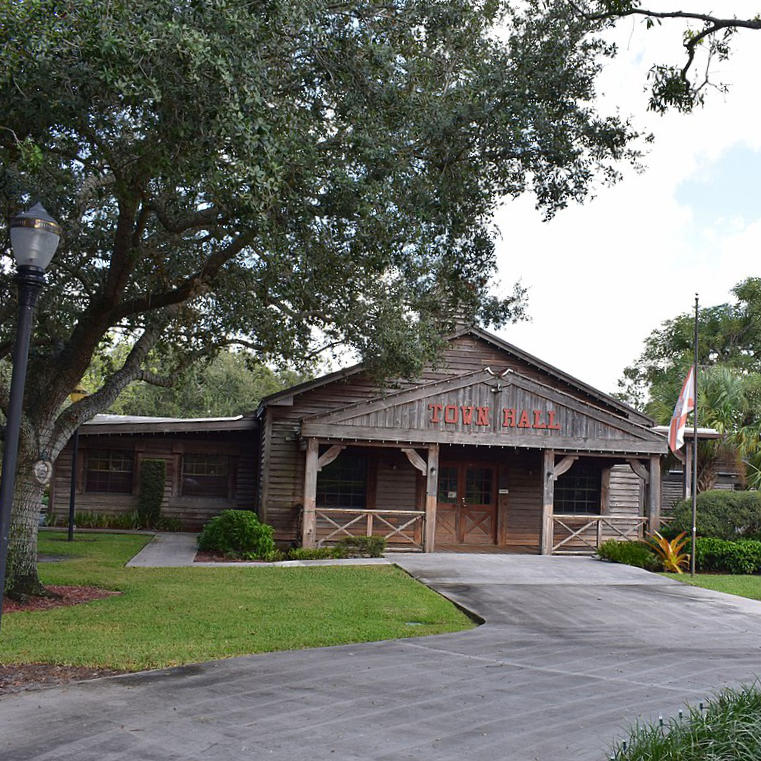
Davie
Regulation: Restricted
5.7 -
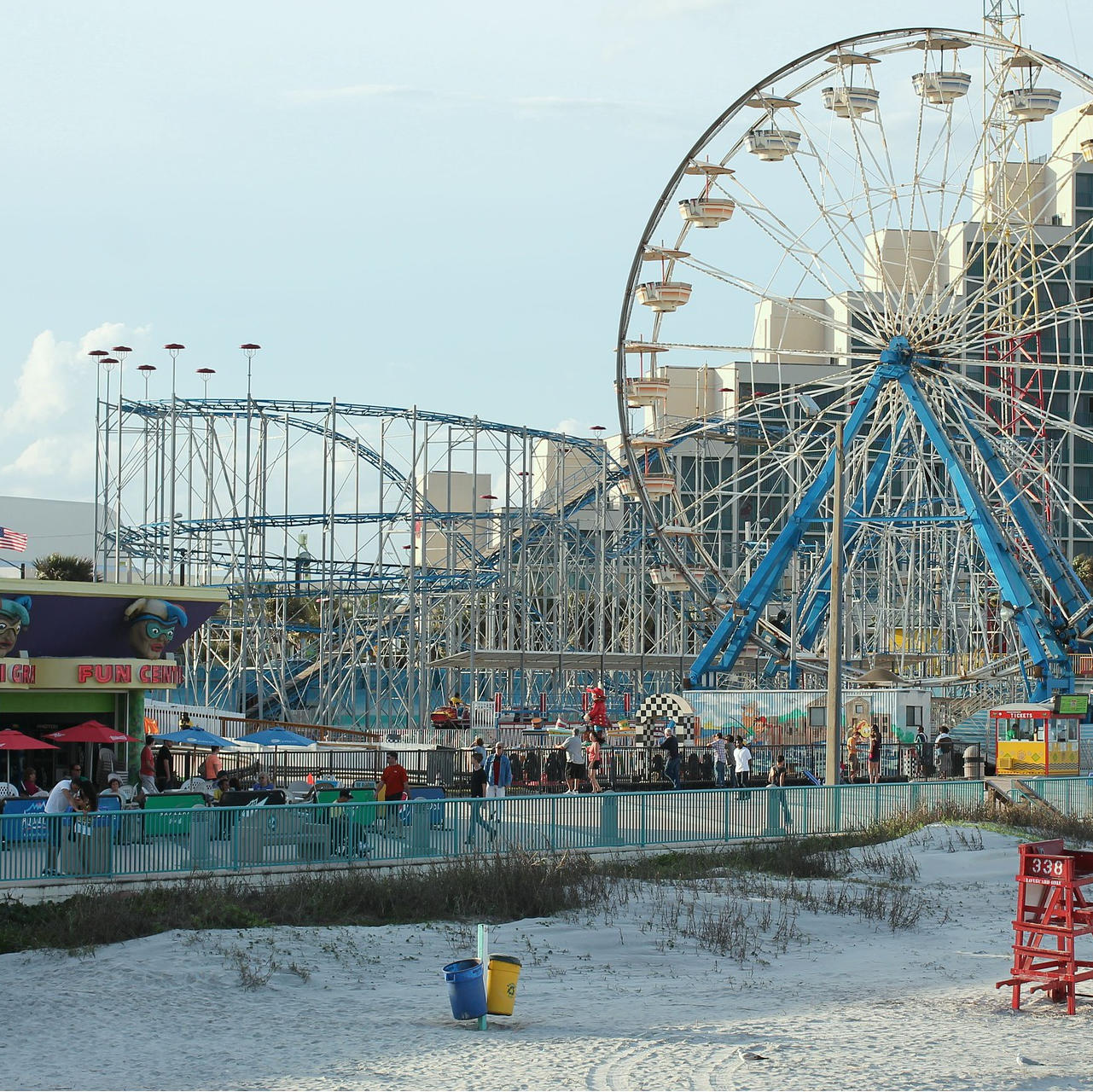
Daytona Beach
Regulation: Restricted
6.1 -
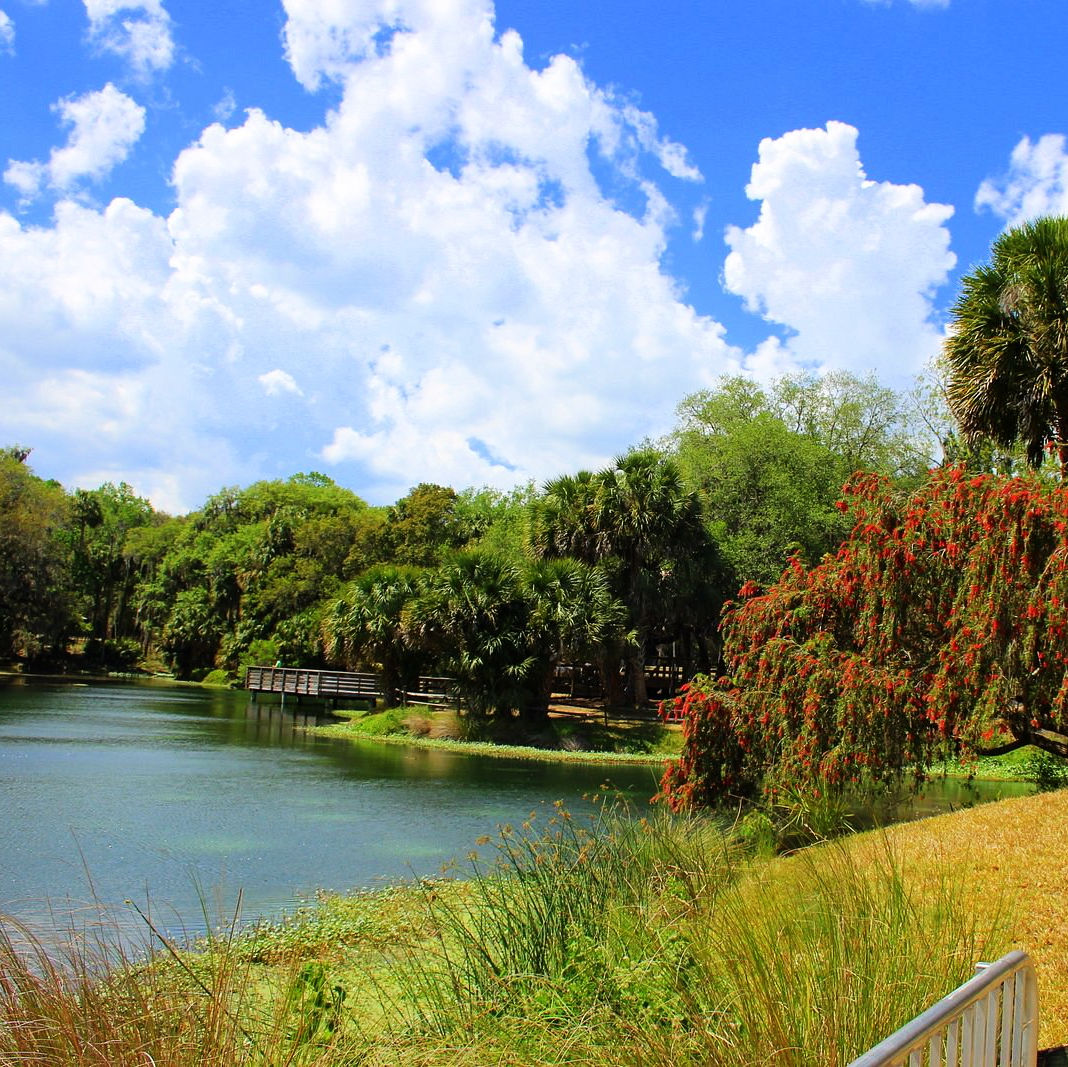
Debary
Regulation: TBD
6.7 -
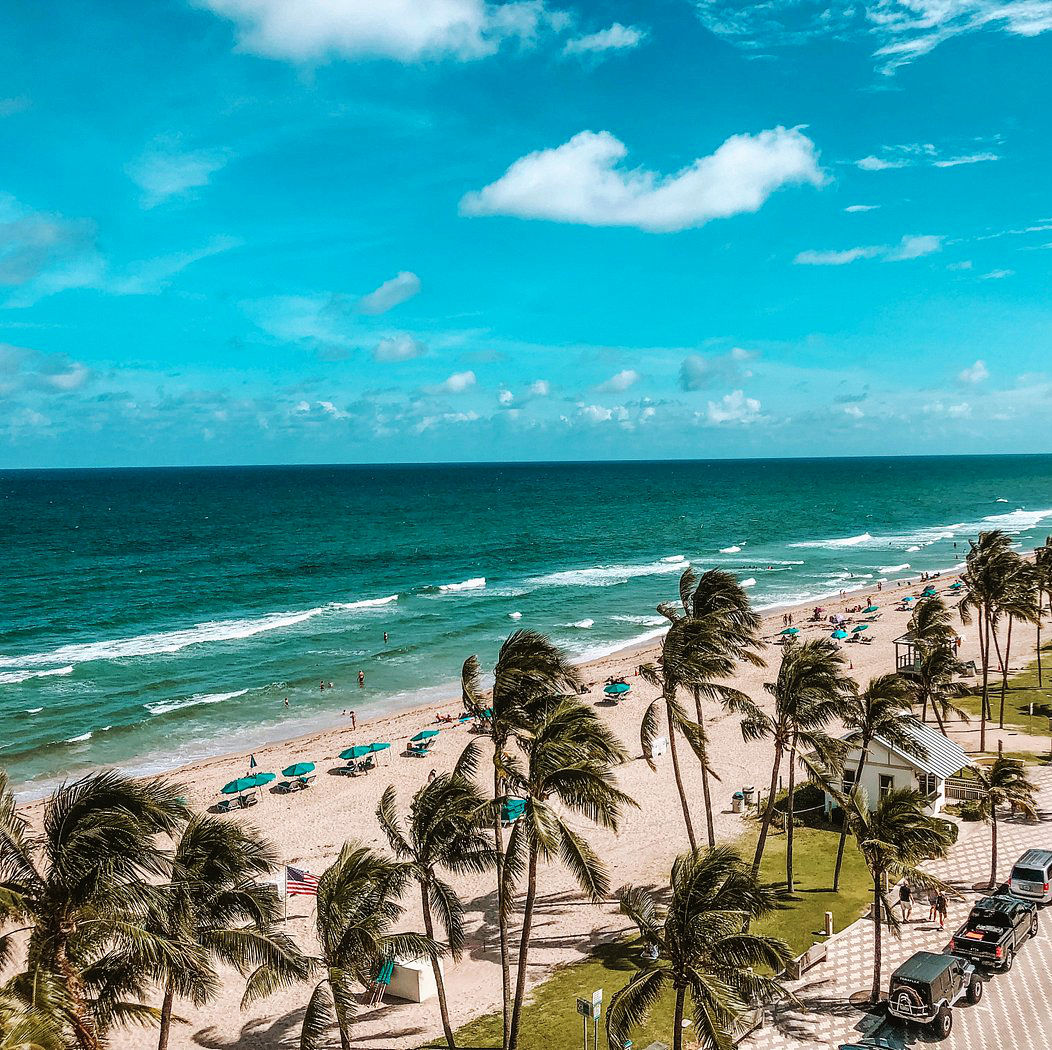
Deerfield Beach
Regulation: TBD
6.2 -
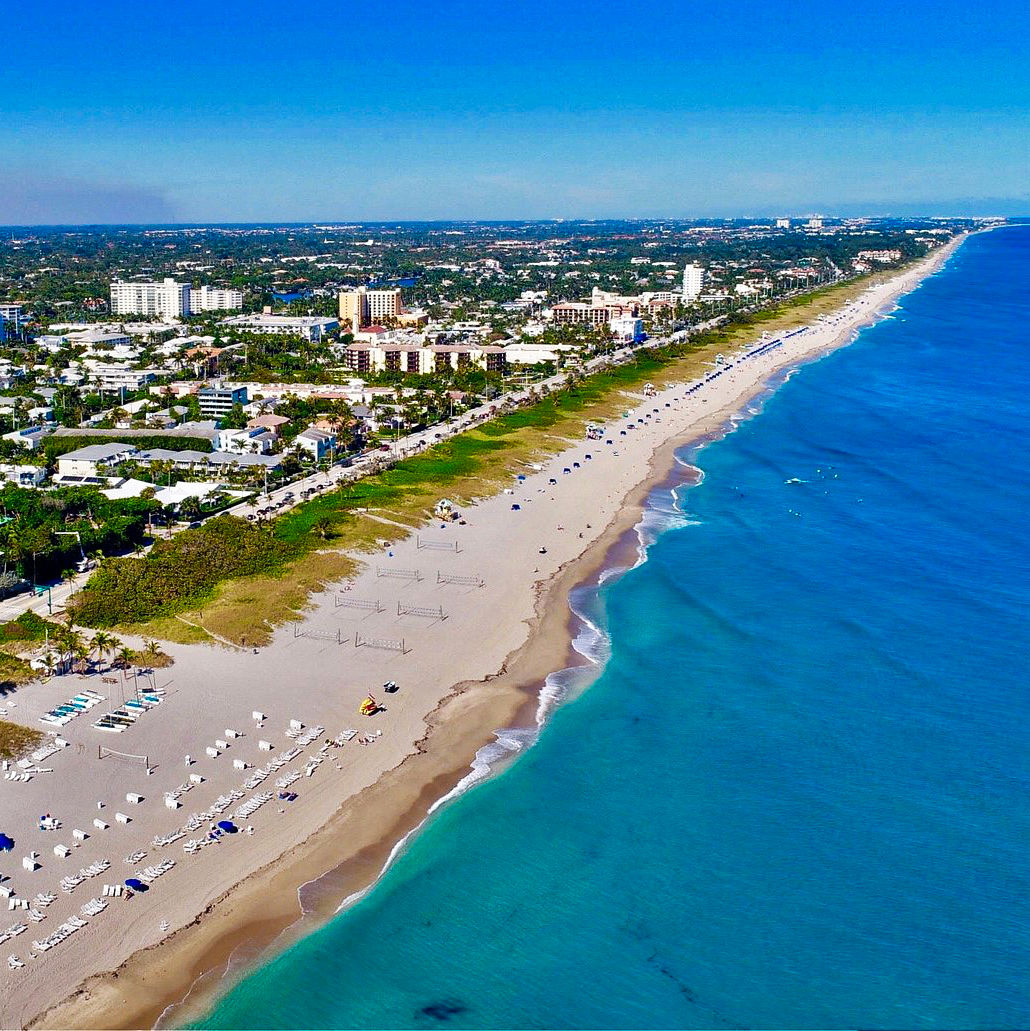
Delray Beach
Regulation: TBD
6.9 -
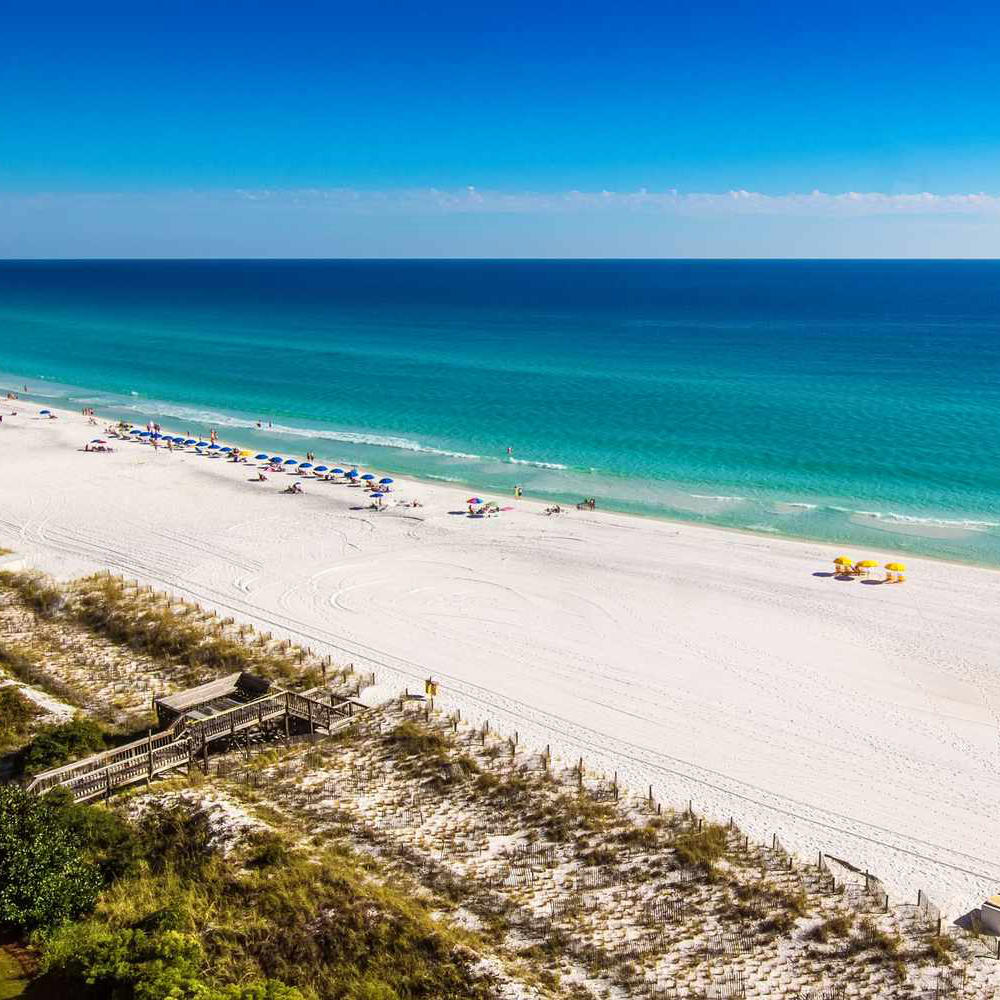
Destin
Regulation: Restricted
4.5 -
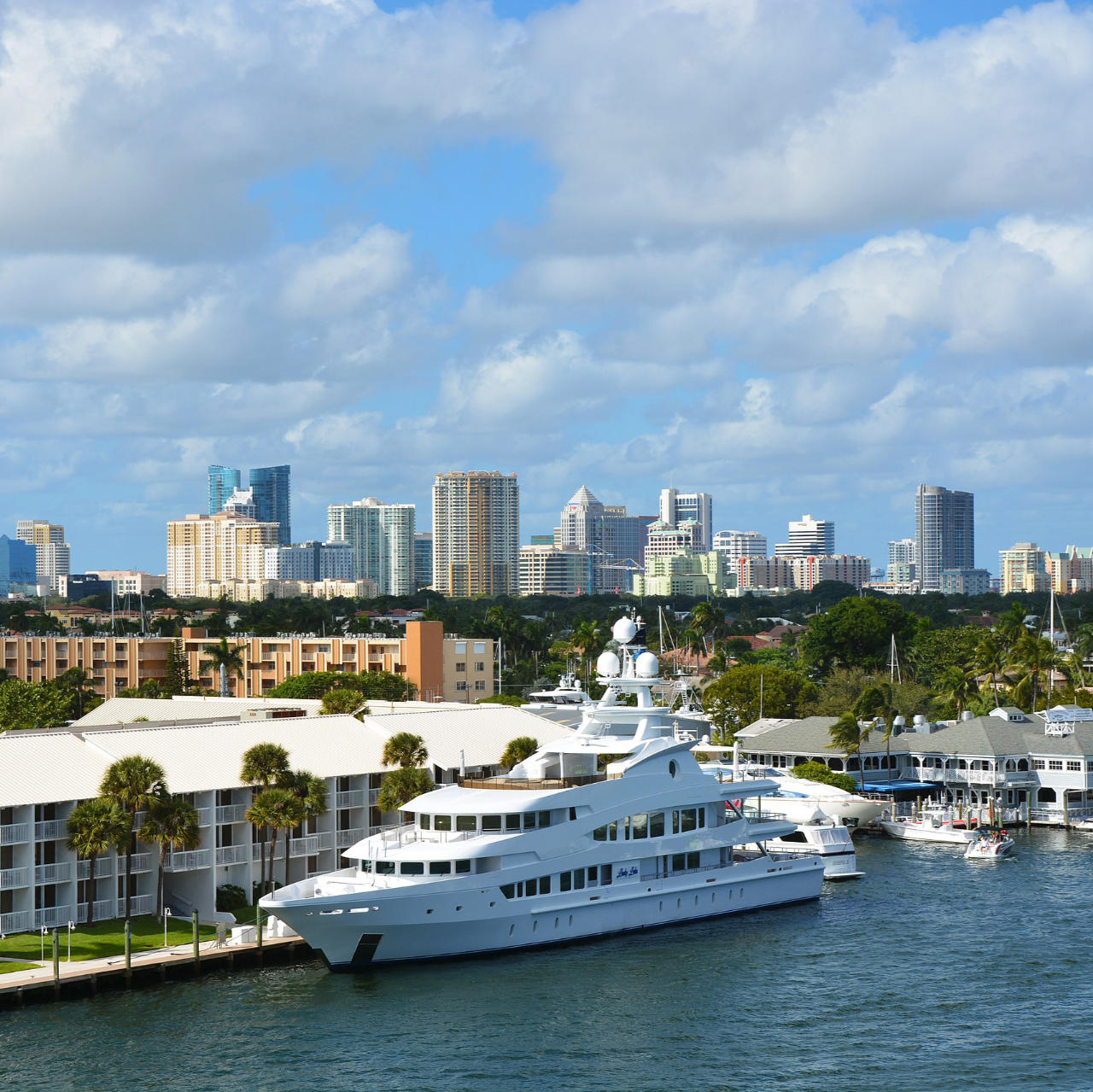
Fort Lauderdale
Regulation: Restricted
5.0 -
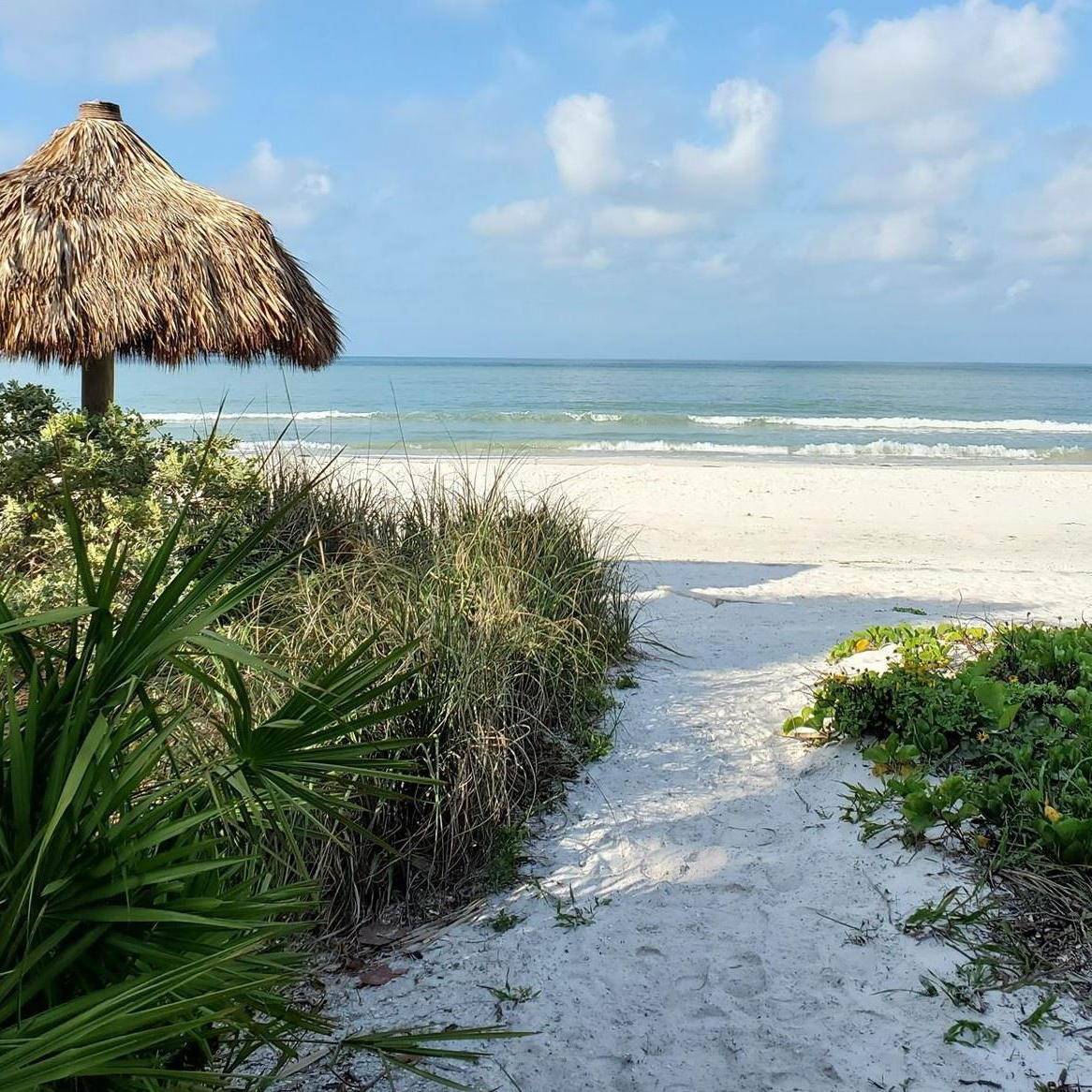
Fort Myers Beach
Regulation: Restricted
5.0 -
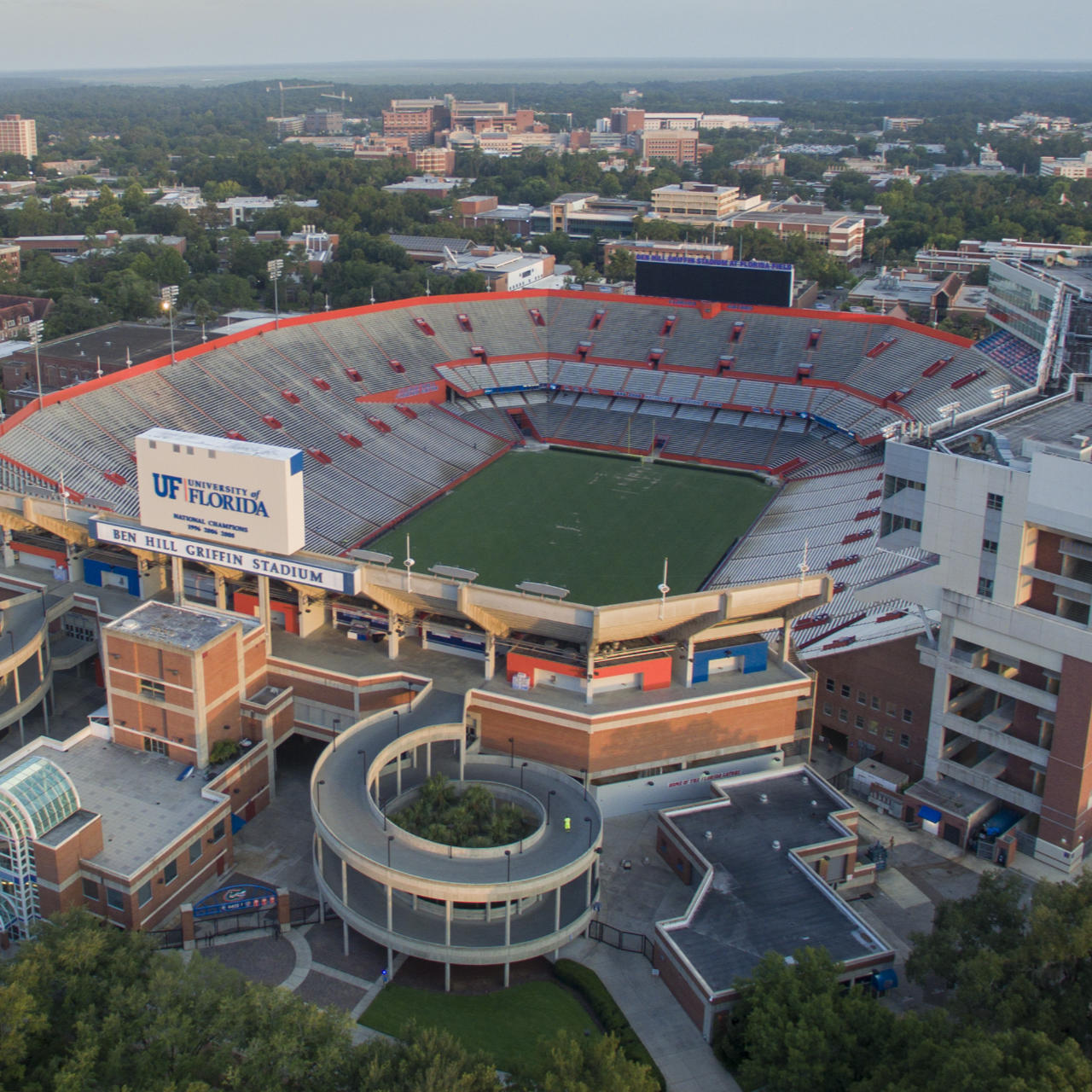
Gainesville
Regulation: Restricted
5.7 -

Hialeah
Regulation: TBD
4.9 -
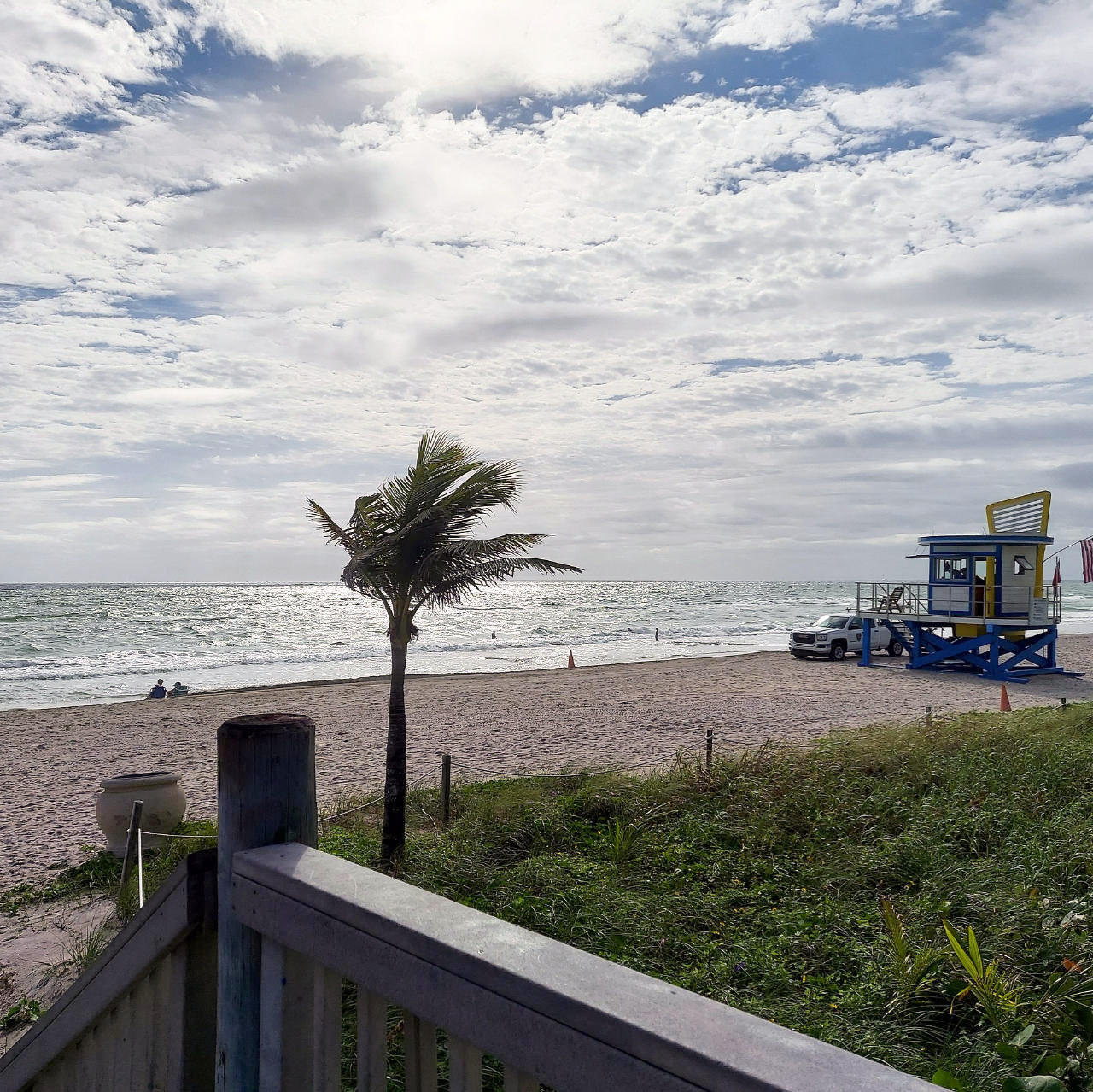
Hollywood
Regulation: Restricted
5.1 -
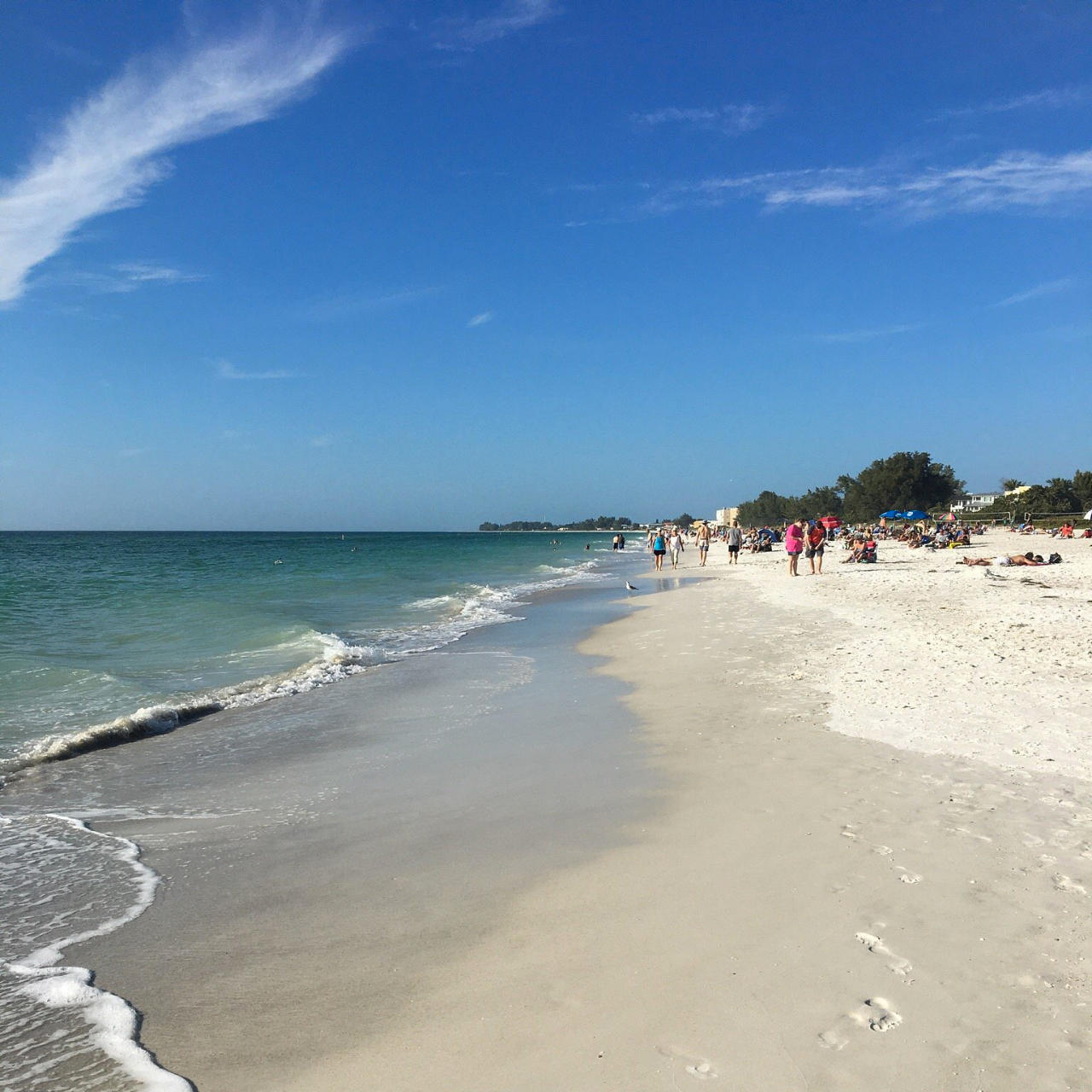
Holmes Beach
Regulation: TBD
4.4 -
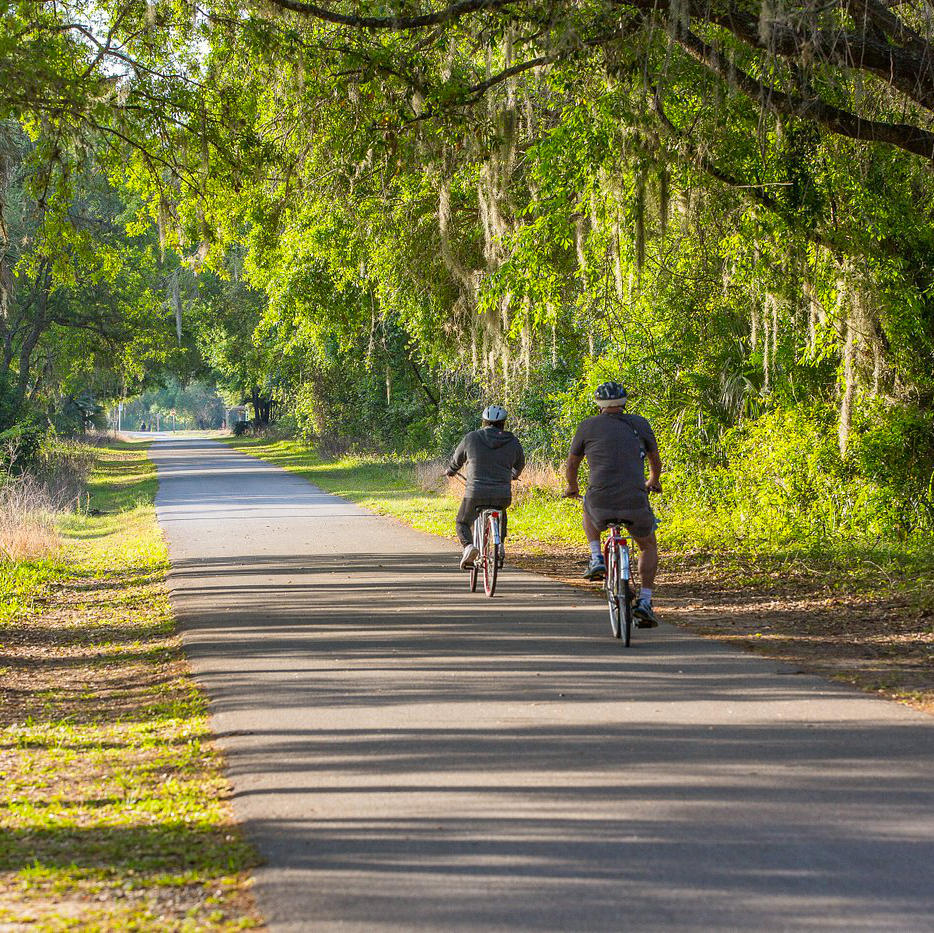
Inverness
Regulation: TBD
7.0 -

Jacksonville
Regulation: Restricted
5.7 -
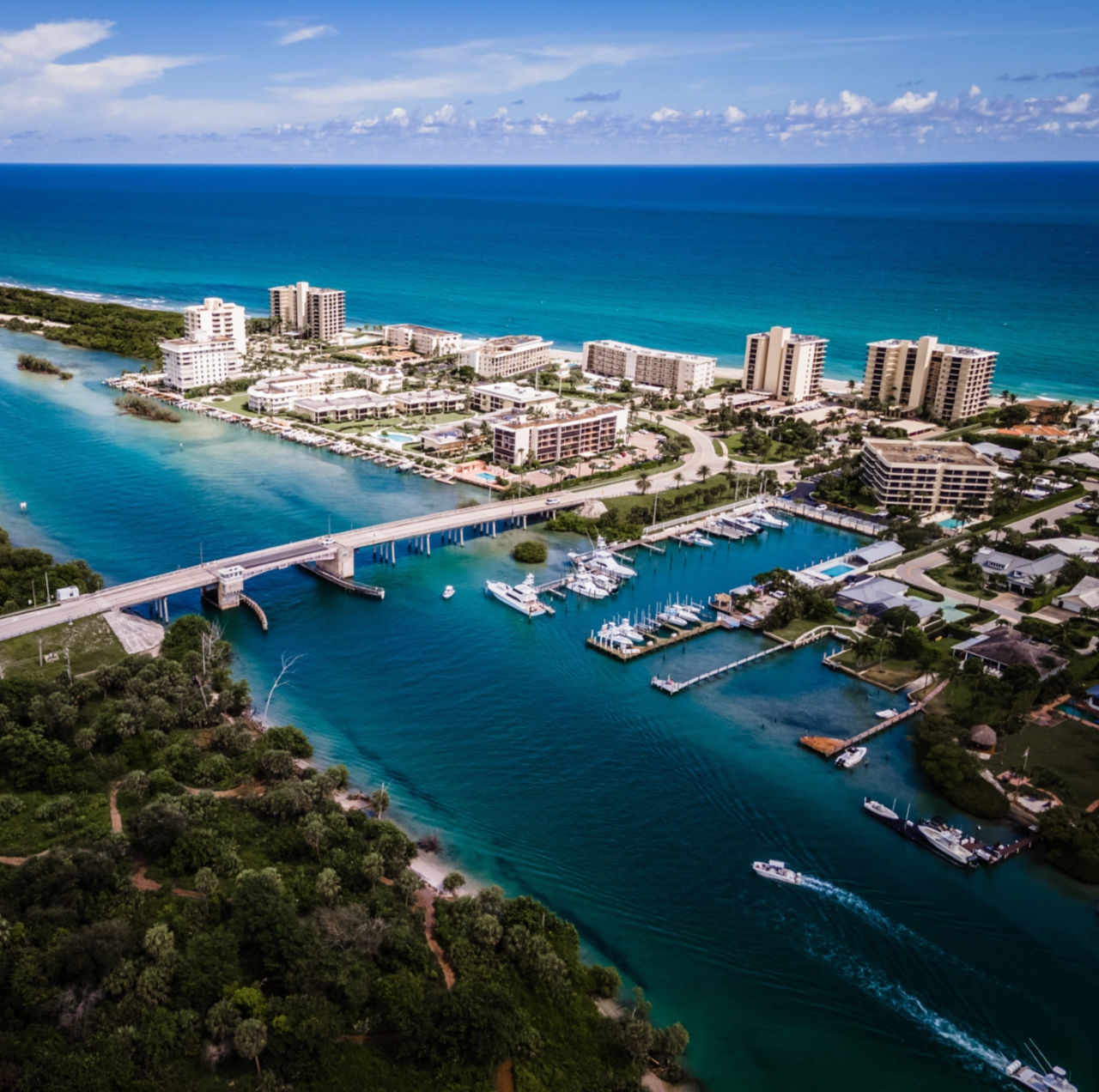
Jupiter
Regulation: Restricted
5.7 -
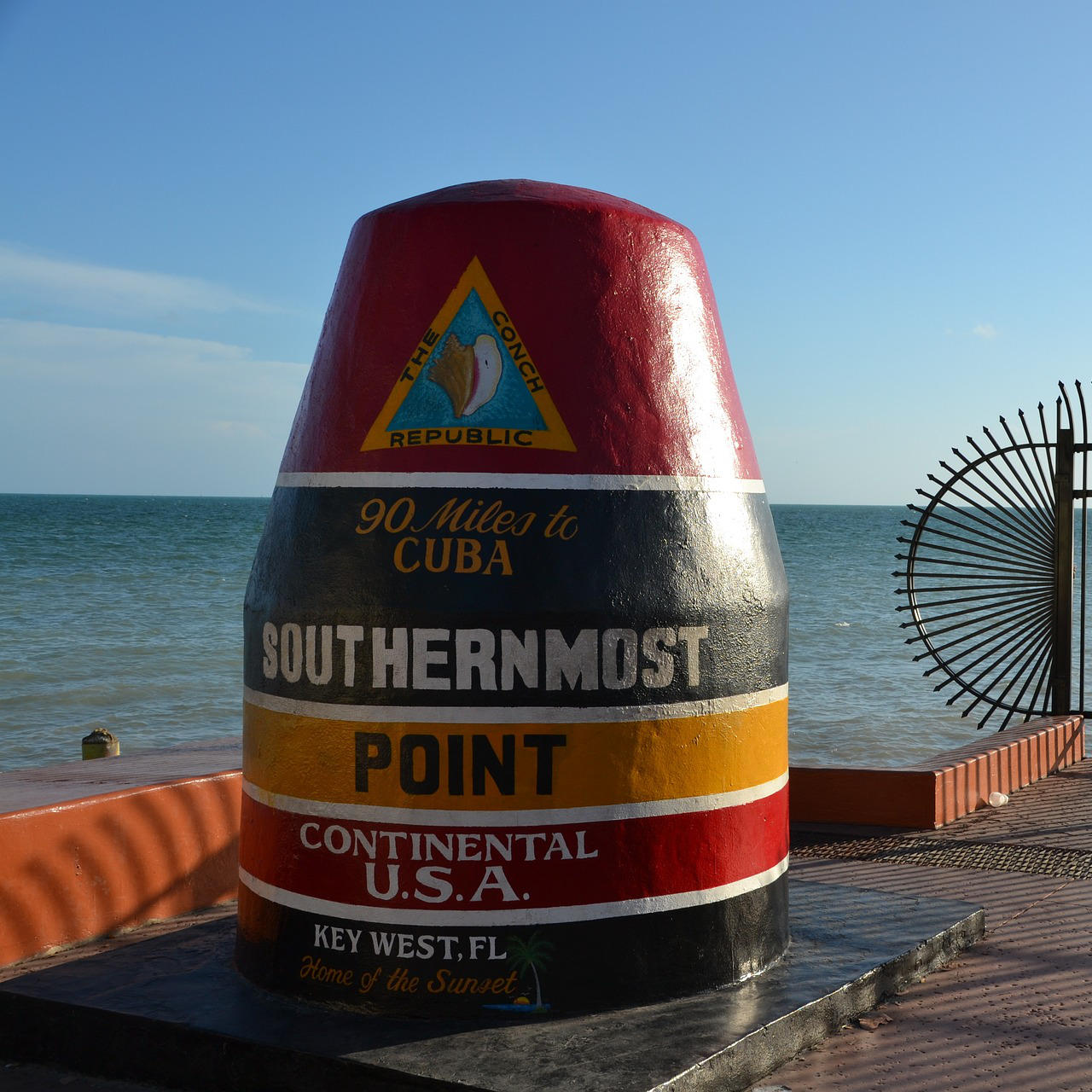
Key West
Regulation: Restricted
5.2 -

Kissimmee
Regulation: Restricted
5.1 -
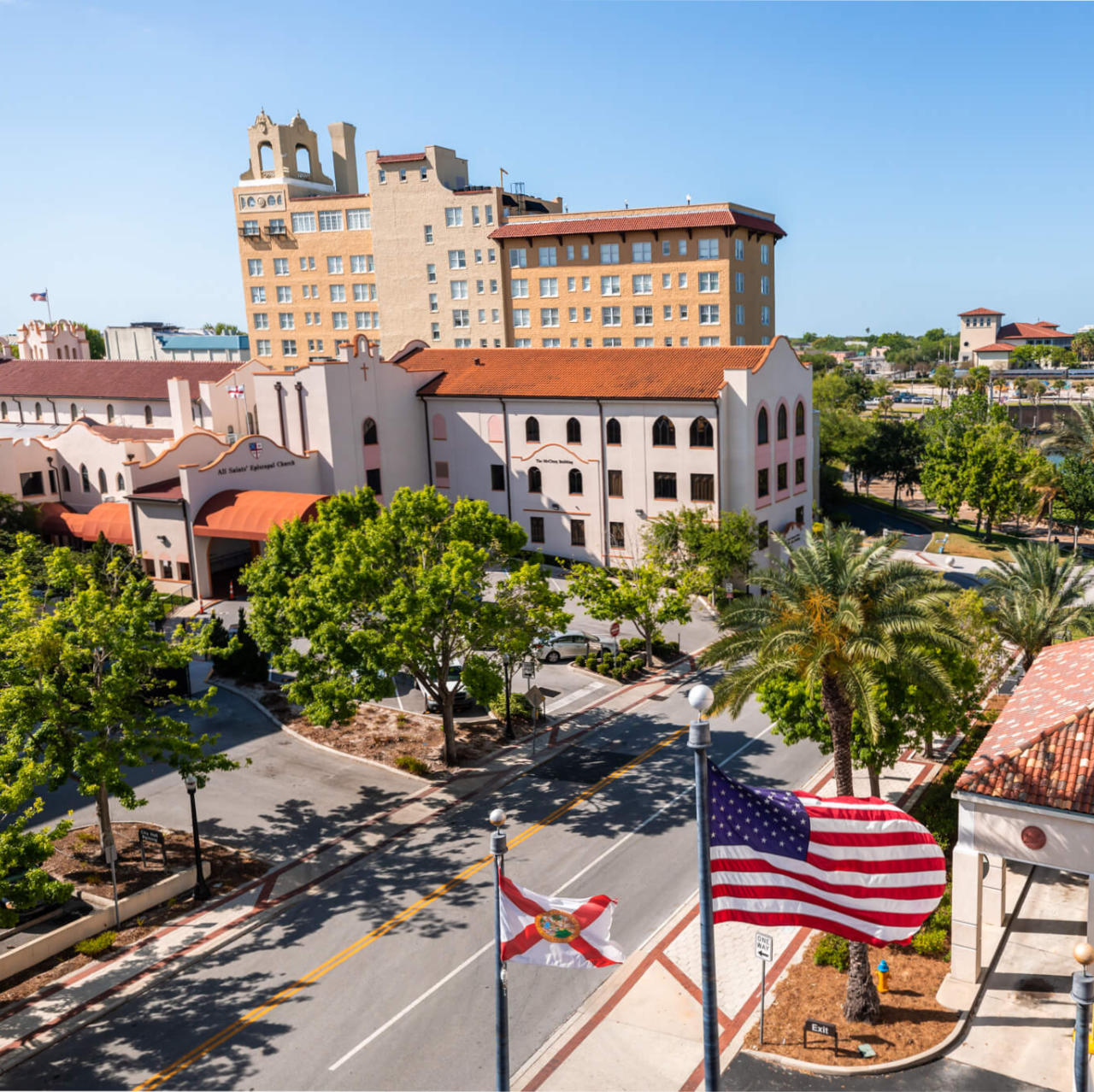
Lakeland
Regulation: Allowed
7.1 -
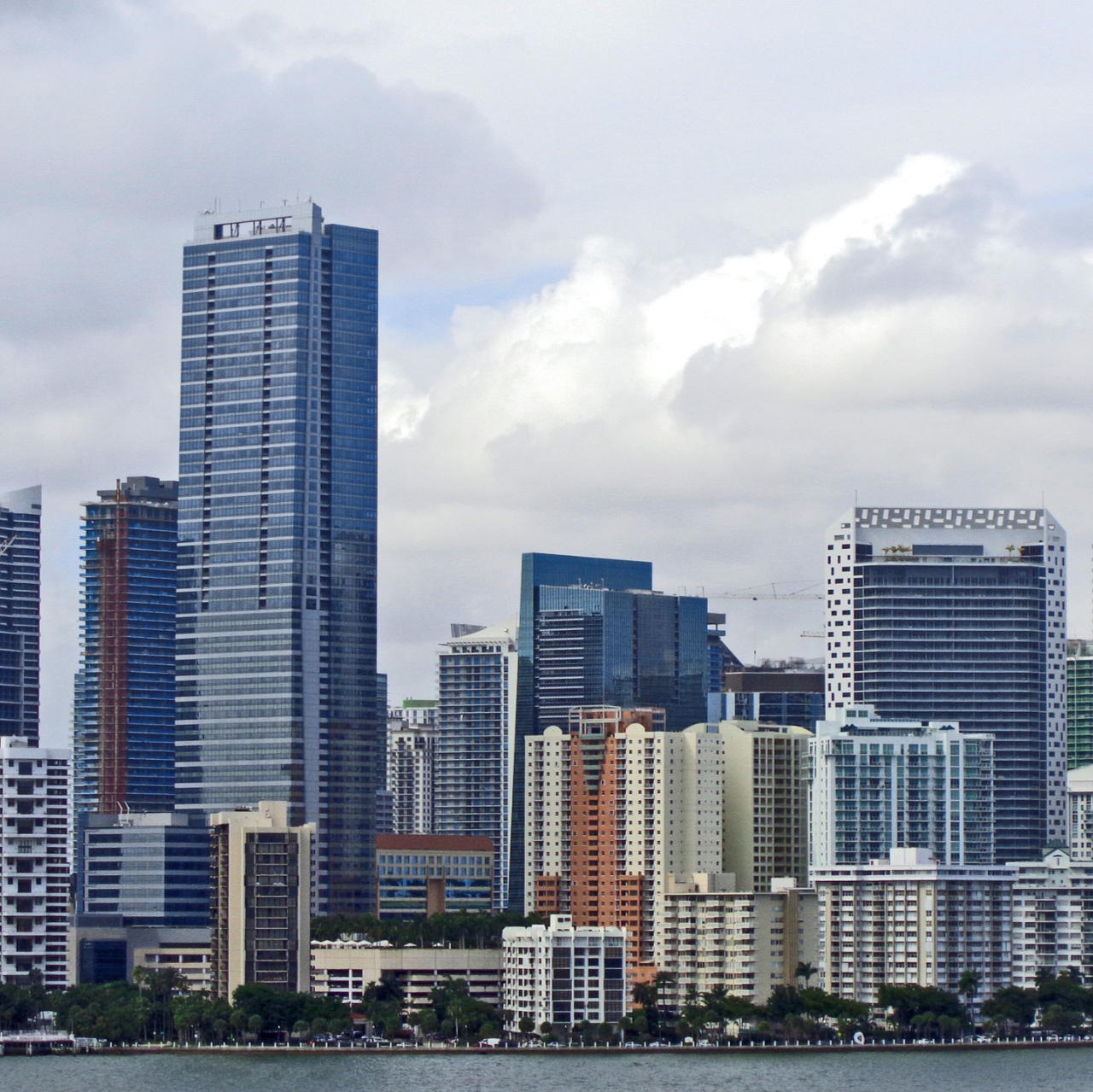
Miami
Regulation: Restricted
4.8 -
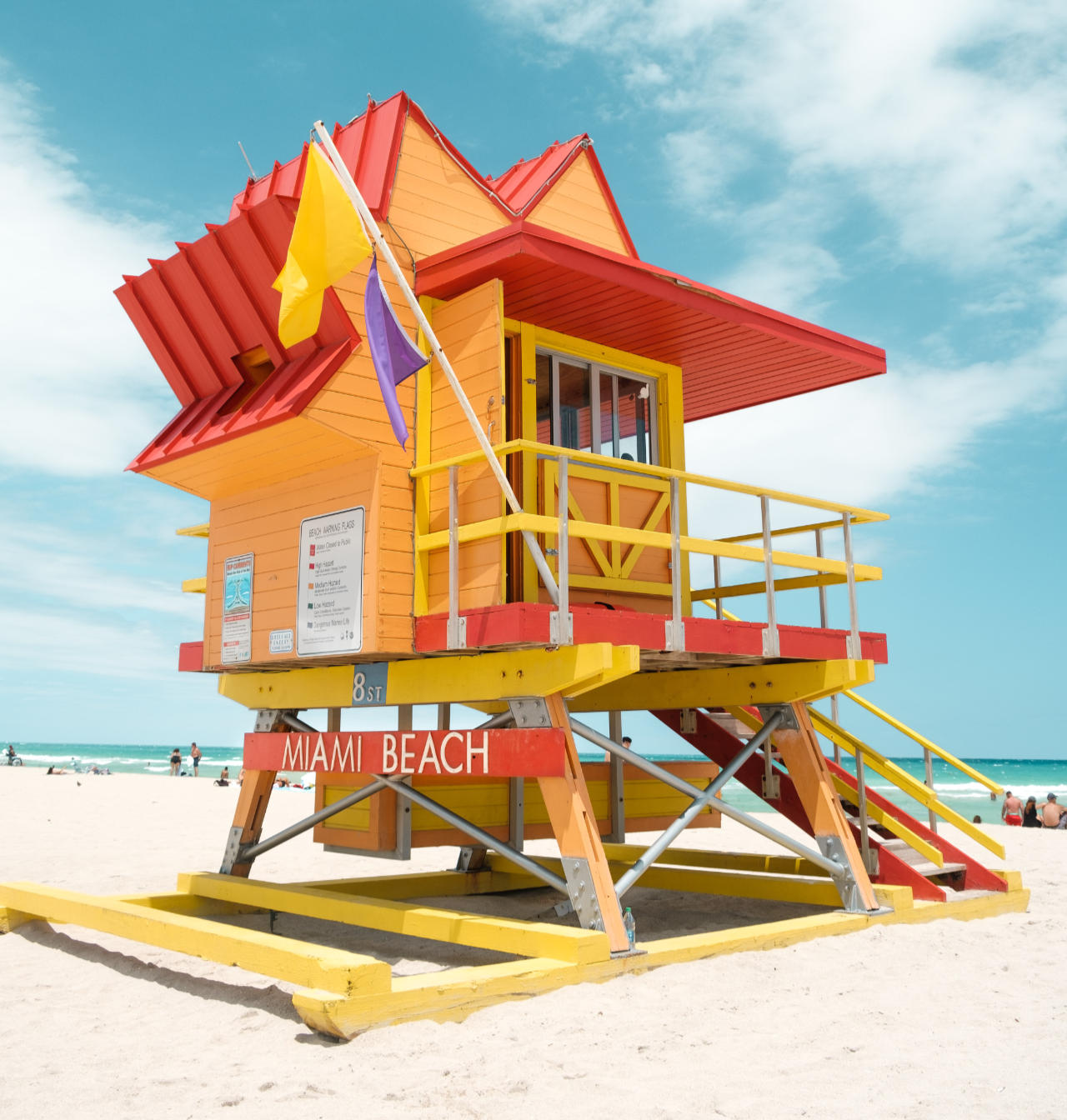
Miami Beach
Regulation: Restricted
4.8 -
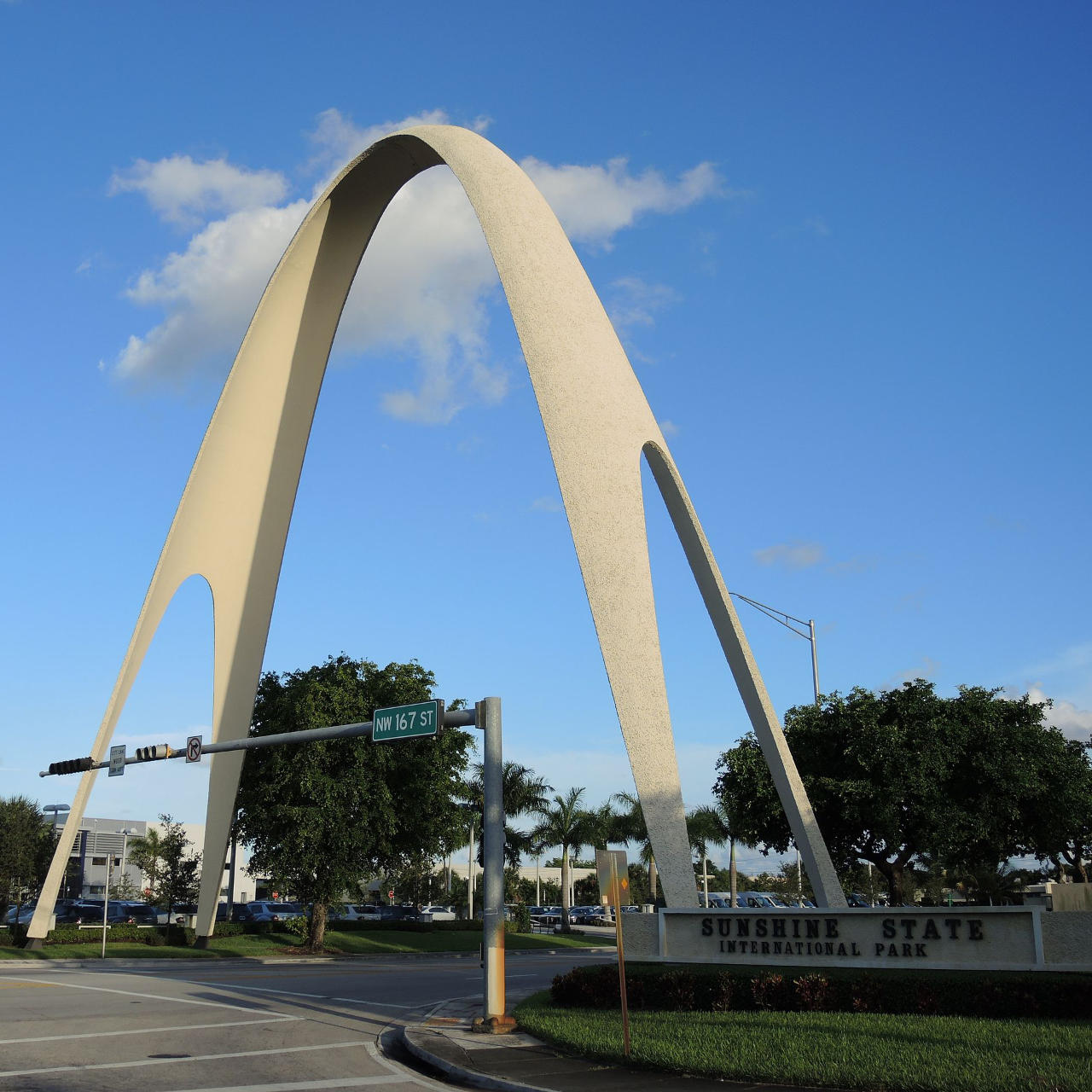
Miami Gardens
Regulation: TBD
5.1 -
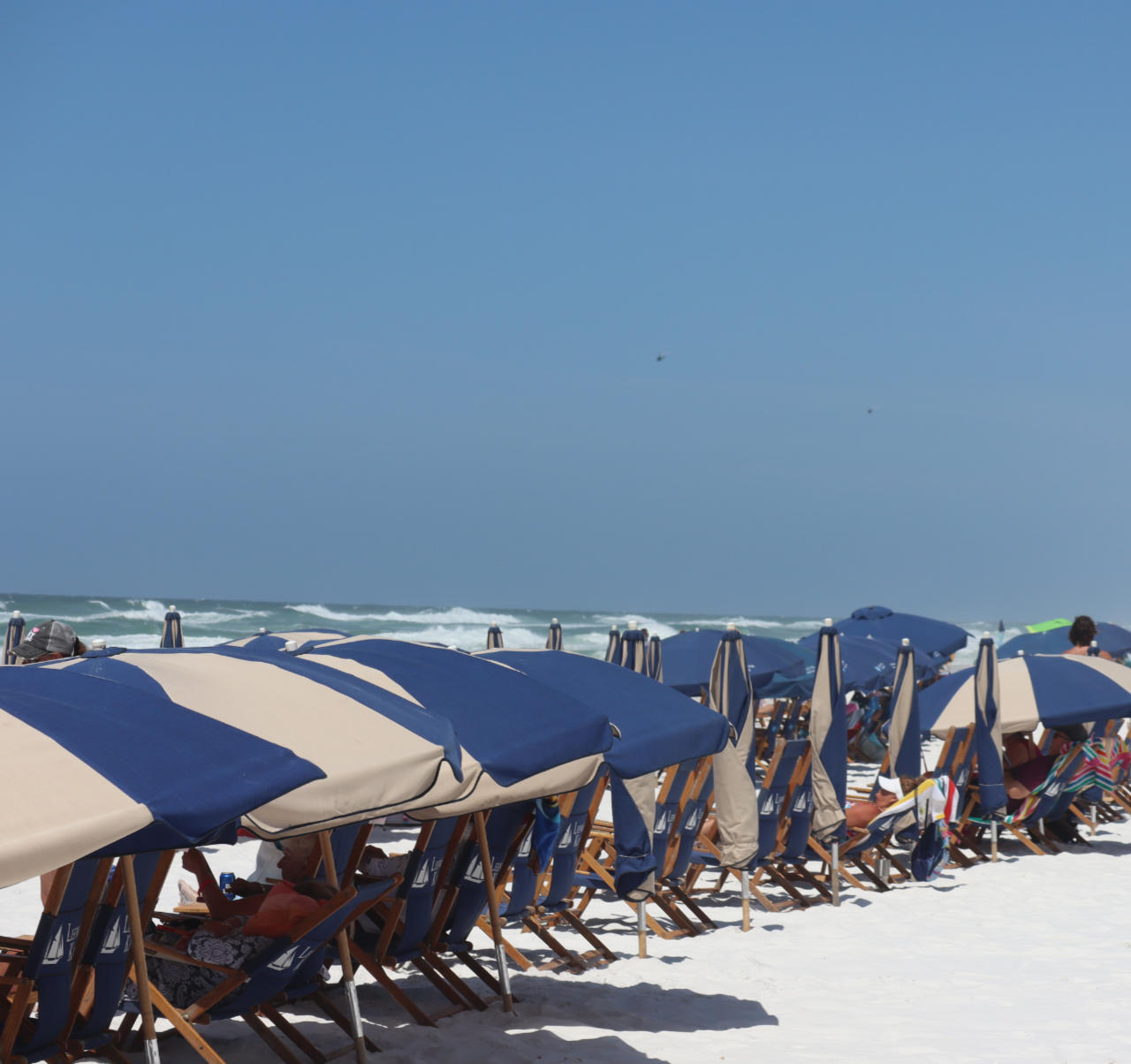
Miramar
Regulation: Allowed
6.8 -
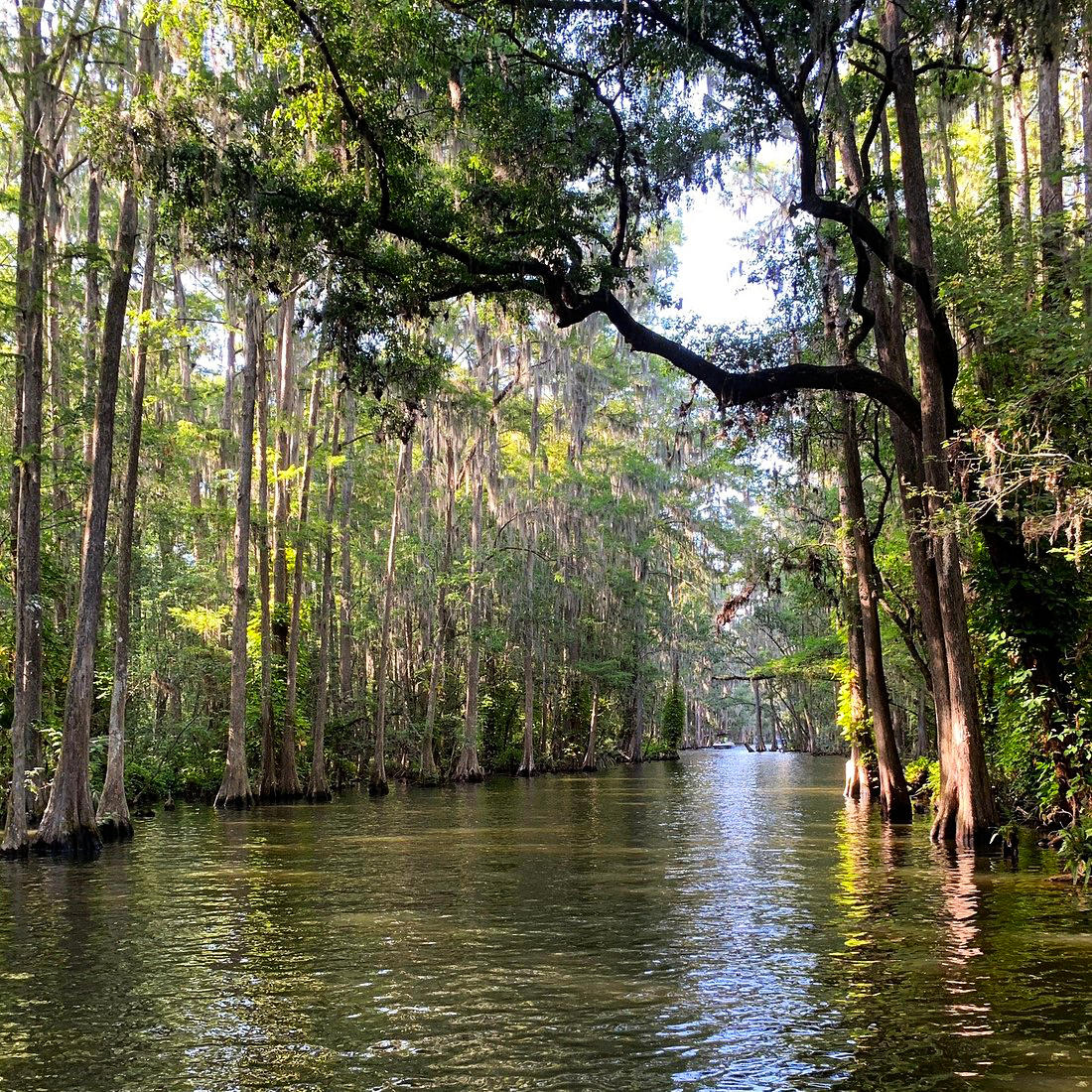
Mount Dora
Regulation: TBD
7.0 -
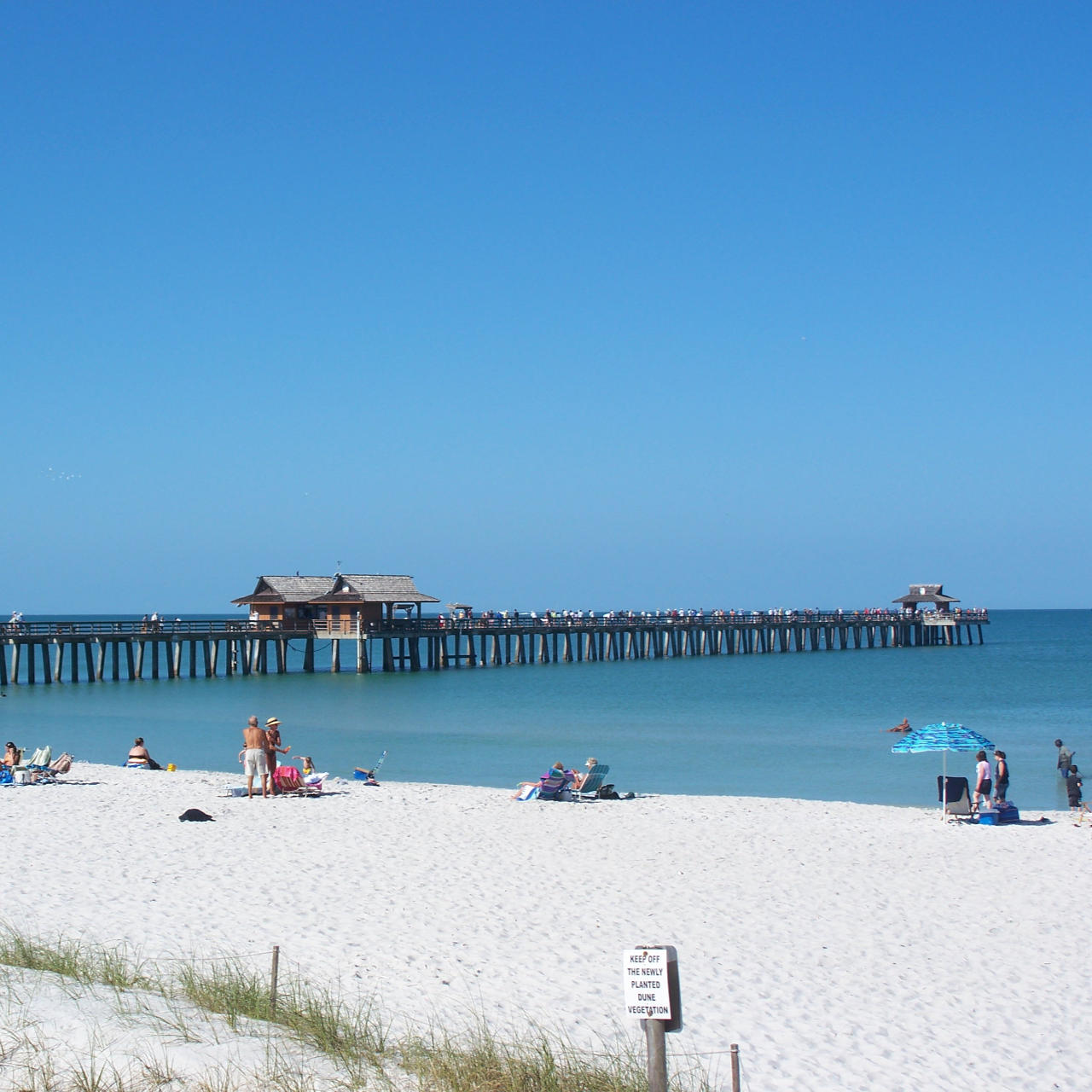
Naples
Regulation: Not Allowed
4.5 -
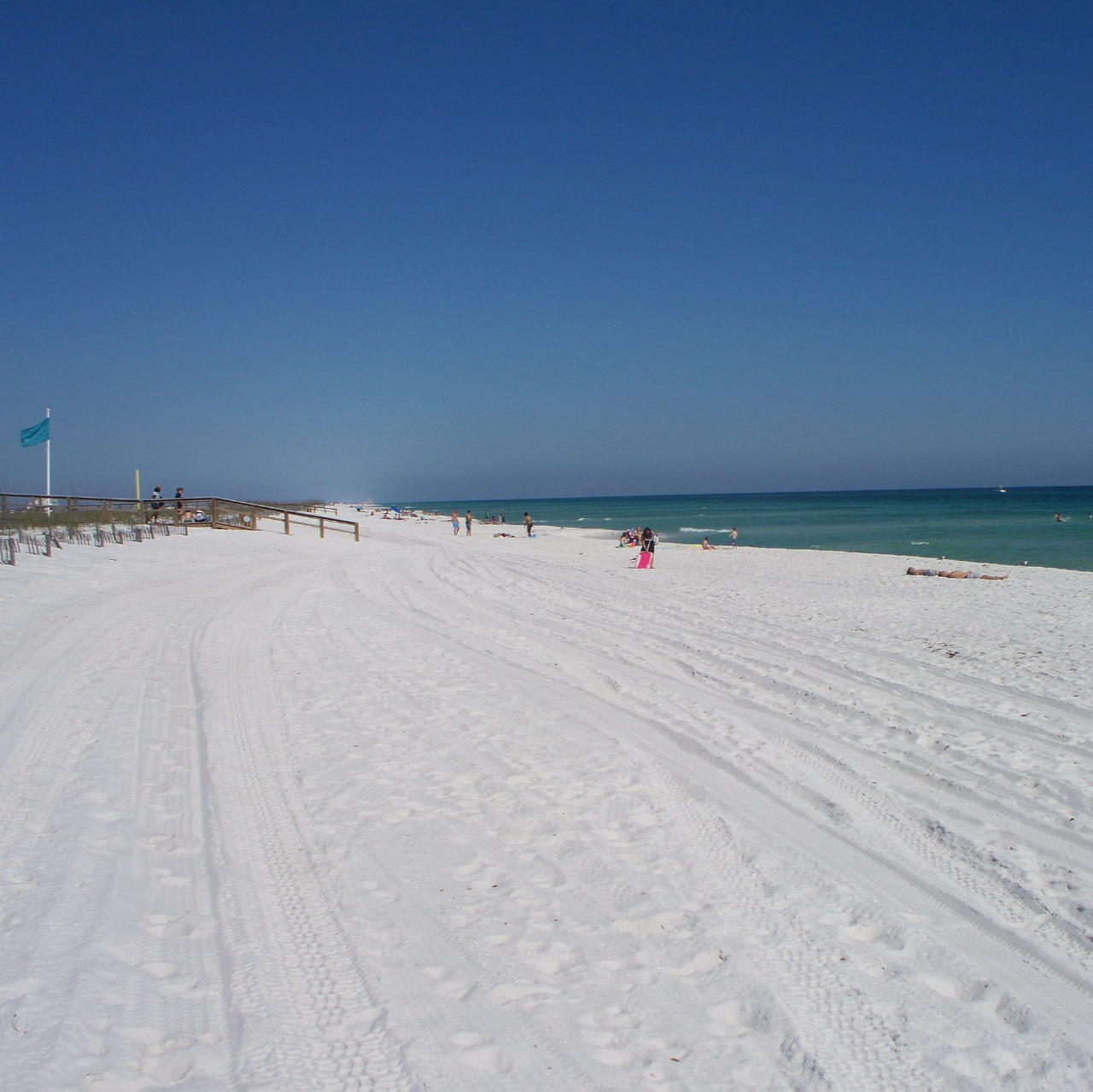
Navarre
Regulation: Not Regulated
5.6 -
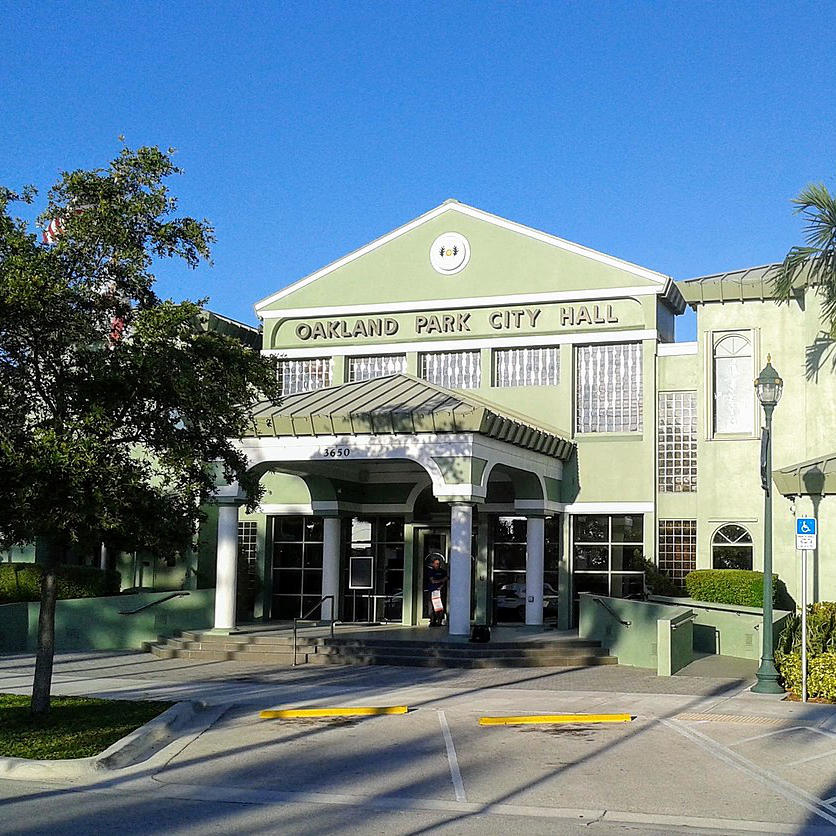
Oakland Park
Regulation: Restricted
5.0 -

Orlando
Regulation: Restricted
5.3 -
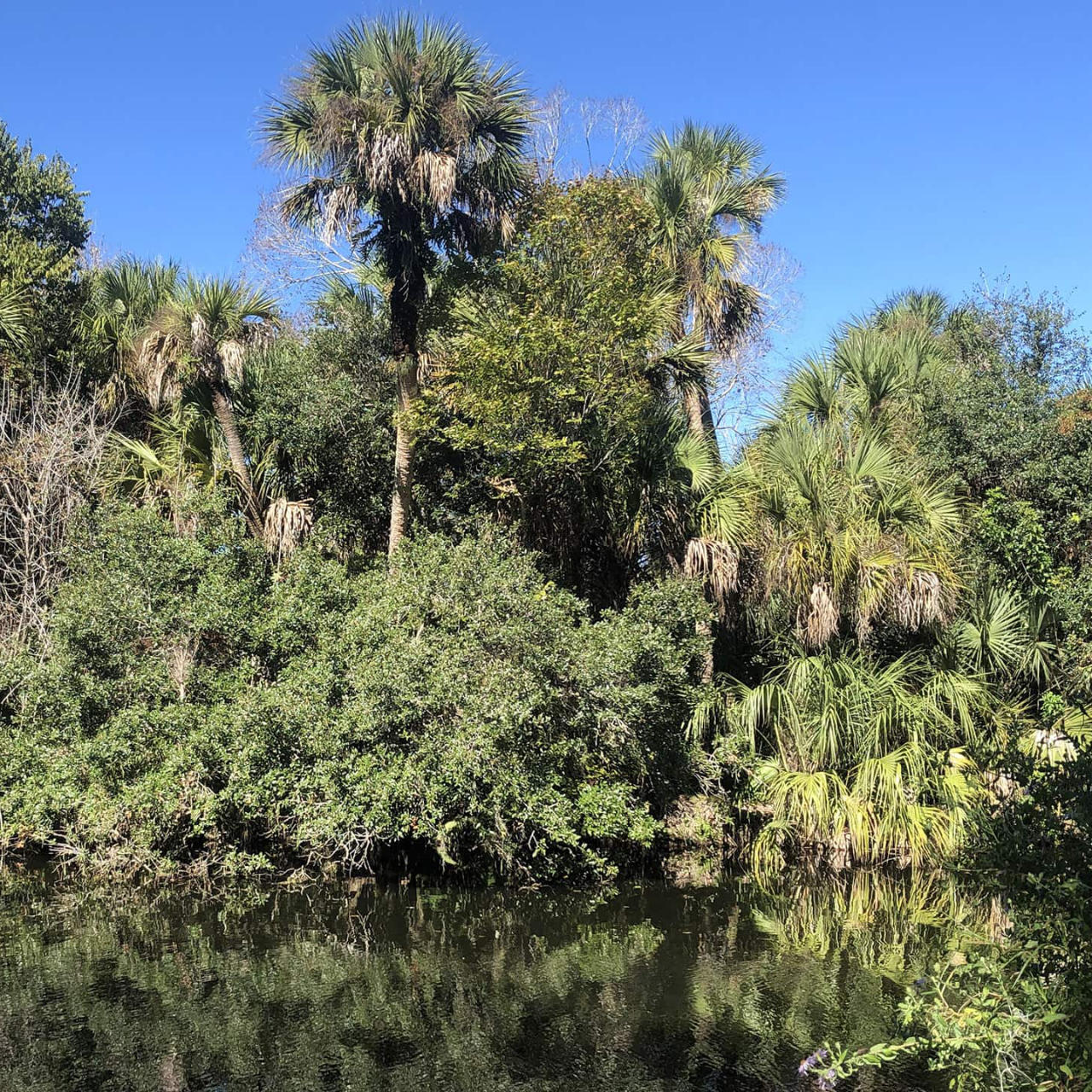
Palm Bay
Regulation: Allowed
6.2 -
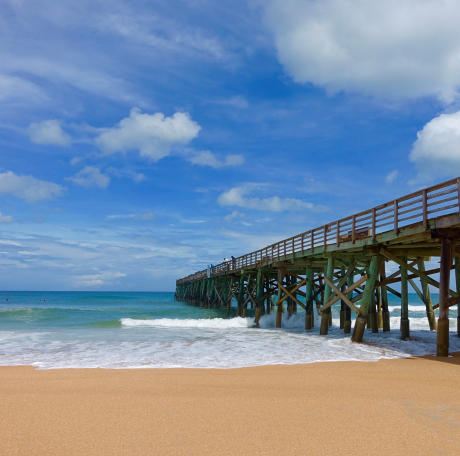
Palm Coast
Regulation: Allowed
6.9 -
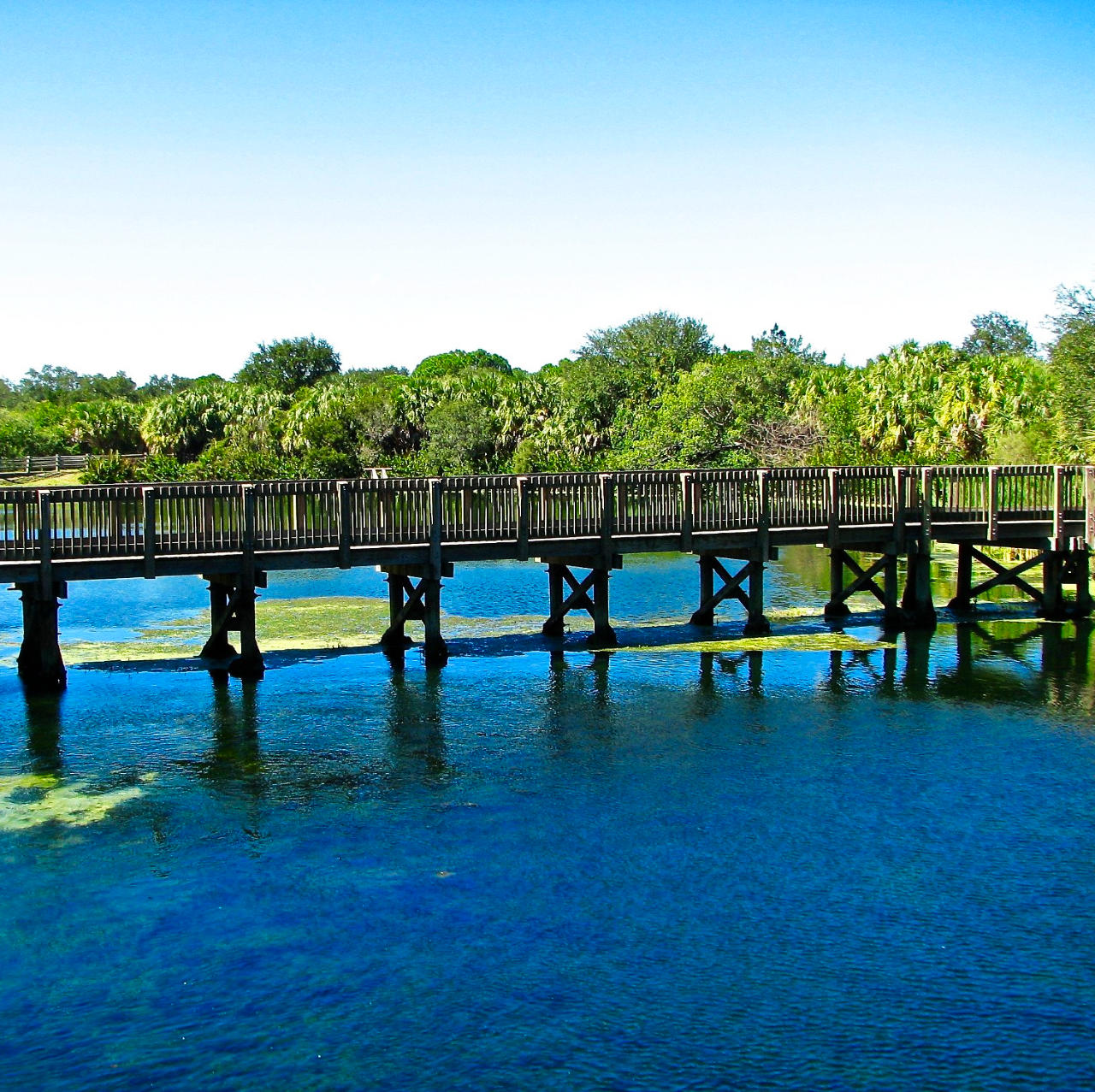
Palm Harbor
Regulation: TBD
5.2 -
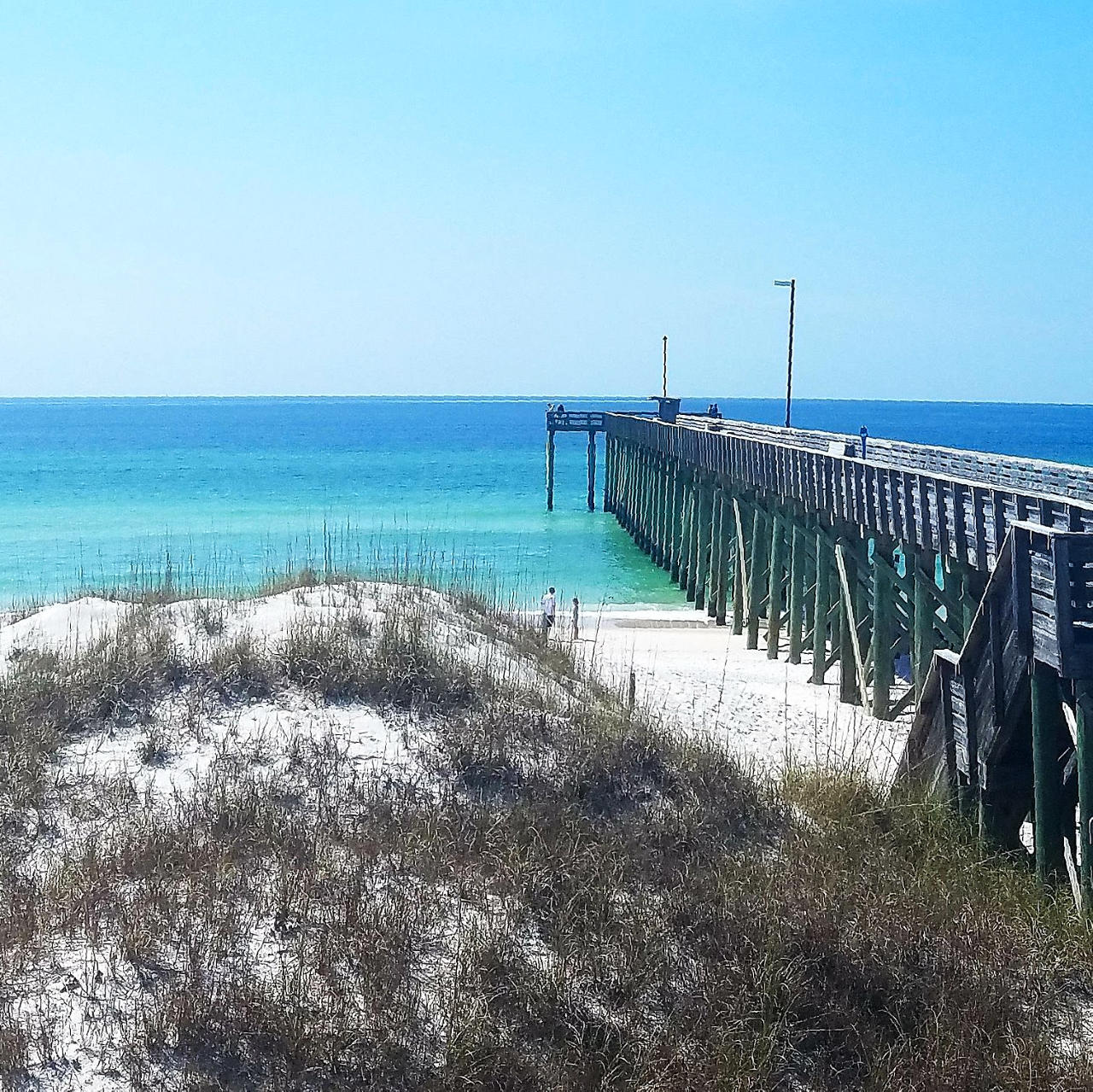
Panama City
Regulation: TBD
4.4 -
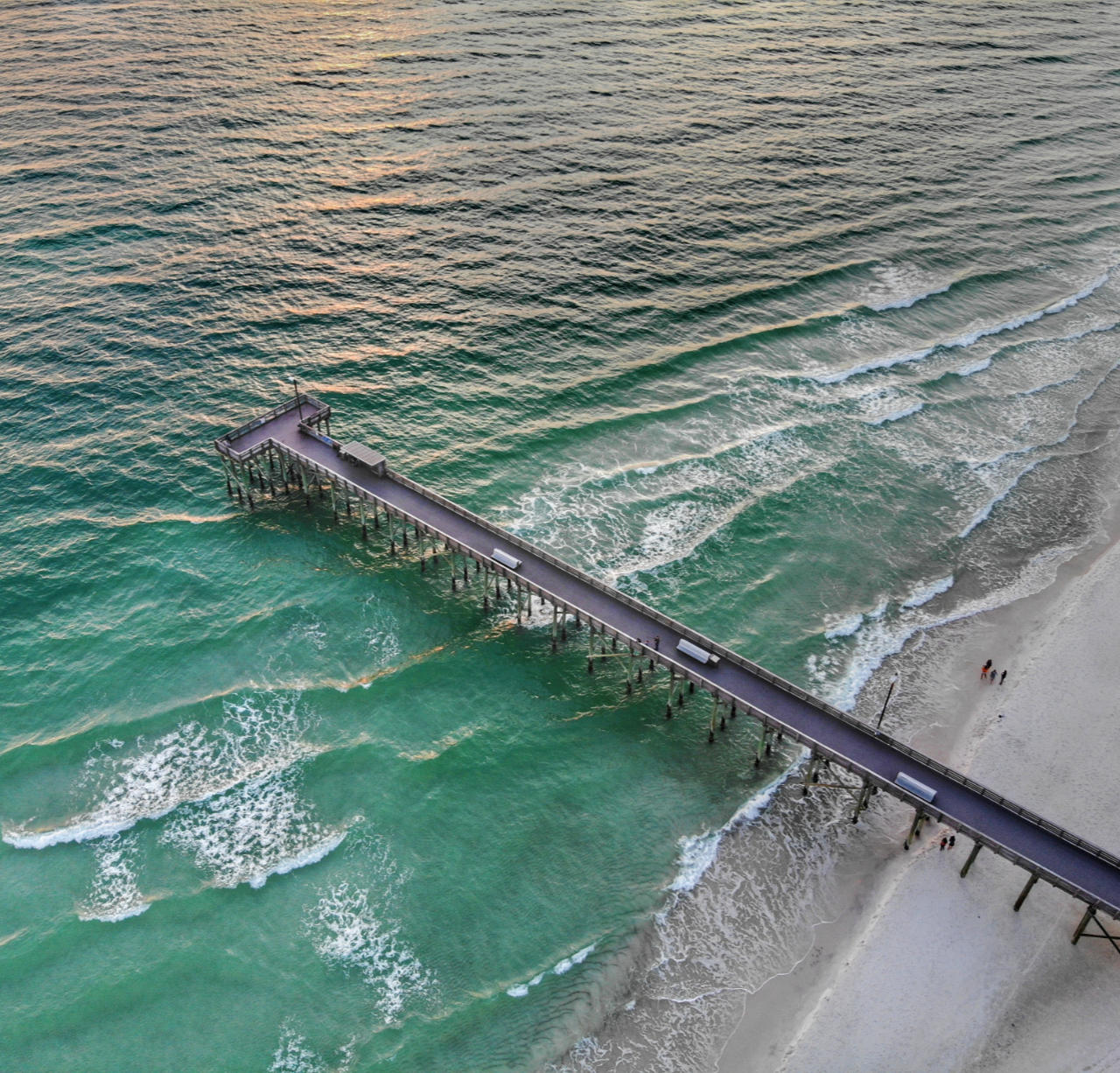
Panama City Beach
Regulation: Restricted
4.6 -

Pembroke Pines
Regulation: Allowed
6.7 -
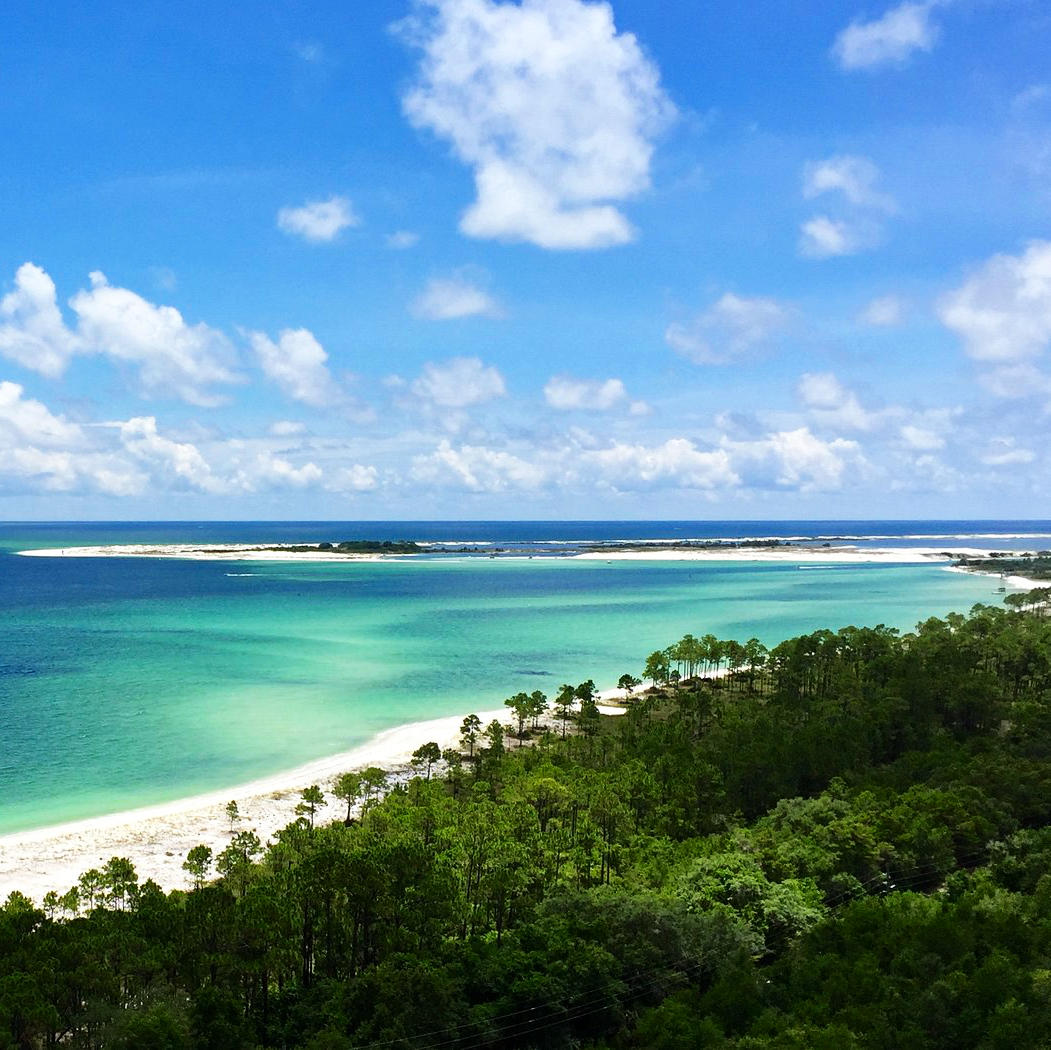
Pensacola
Regulation: TBD
5.9 -
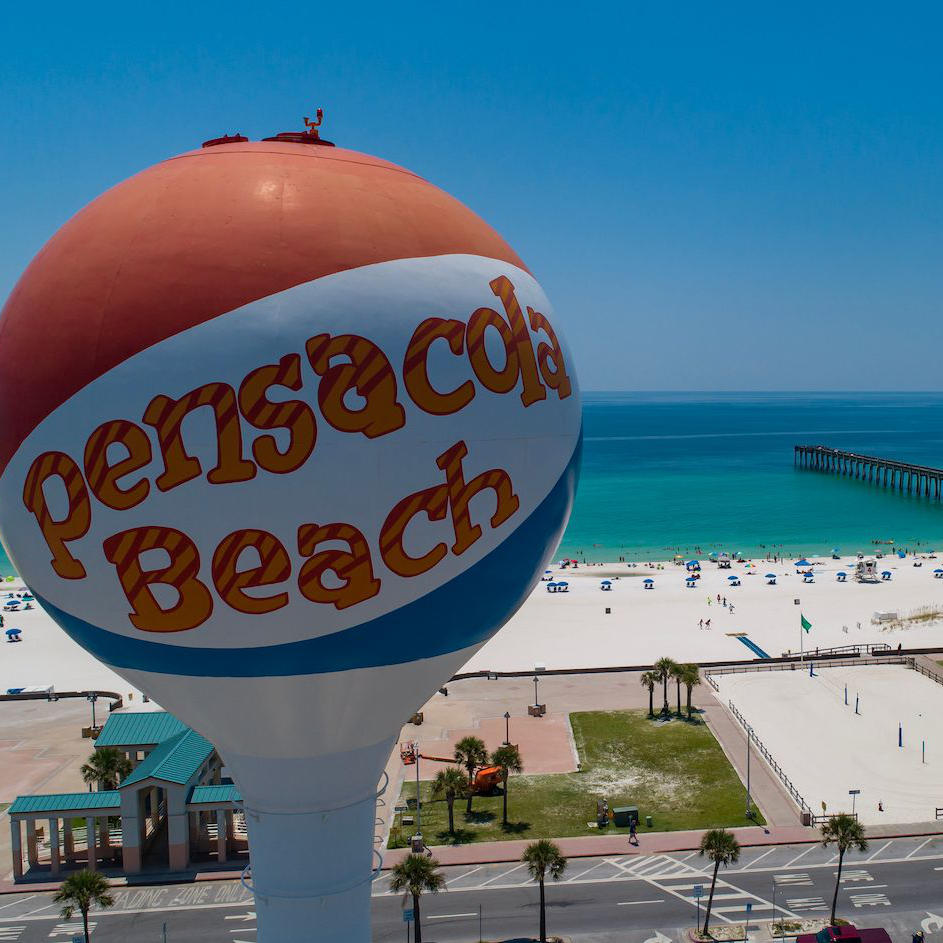
Pensacola Beach
Regulation: Allowed
5.3 -
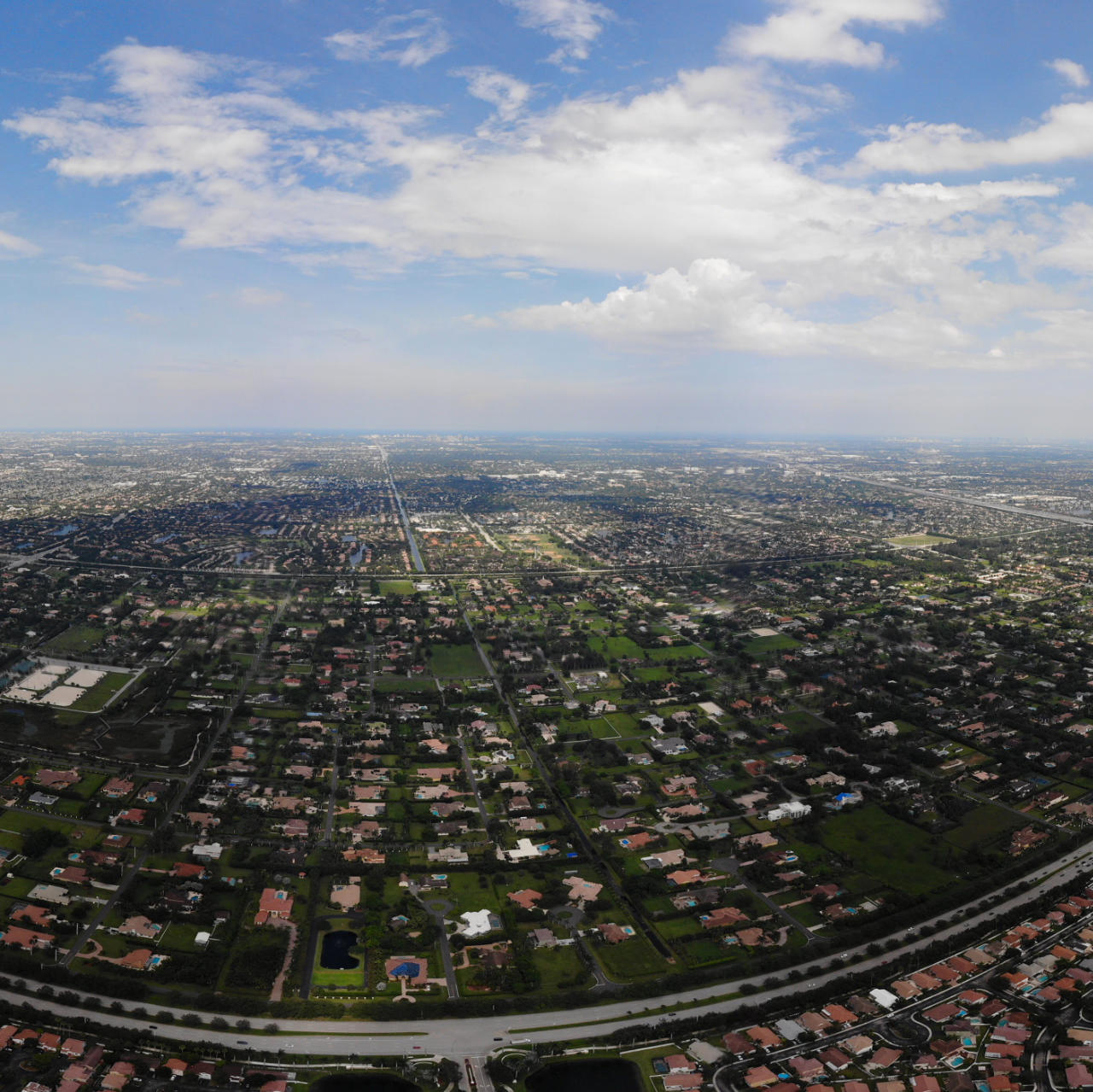
Plantation
Regulation: TBD
6.4 -
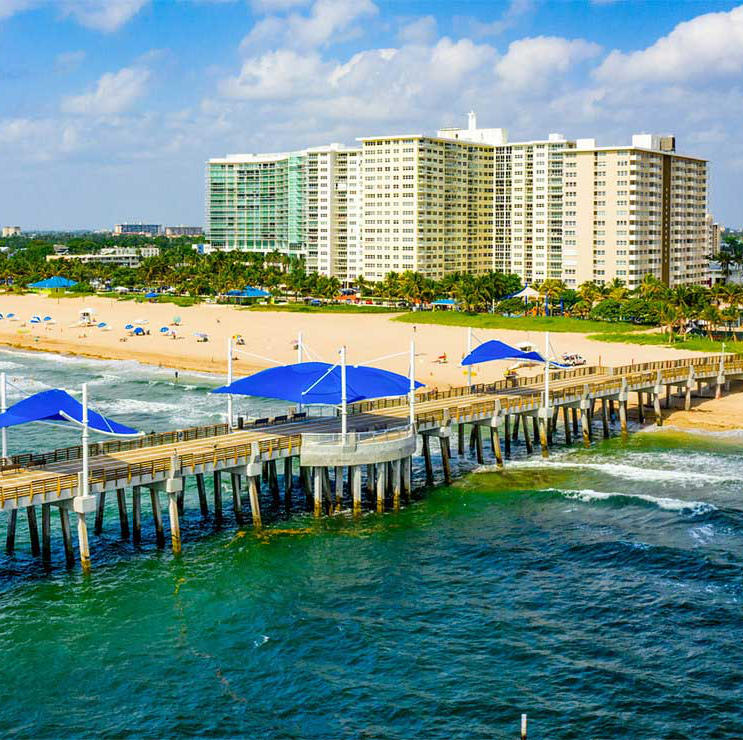
Pompano Beach
Regulation: Allowed
5.8 -
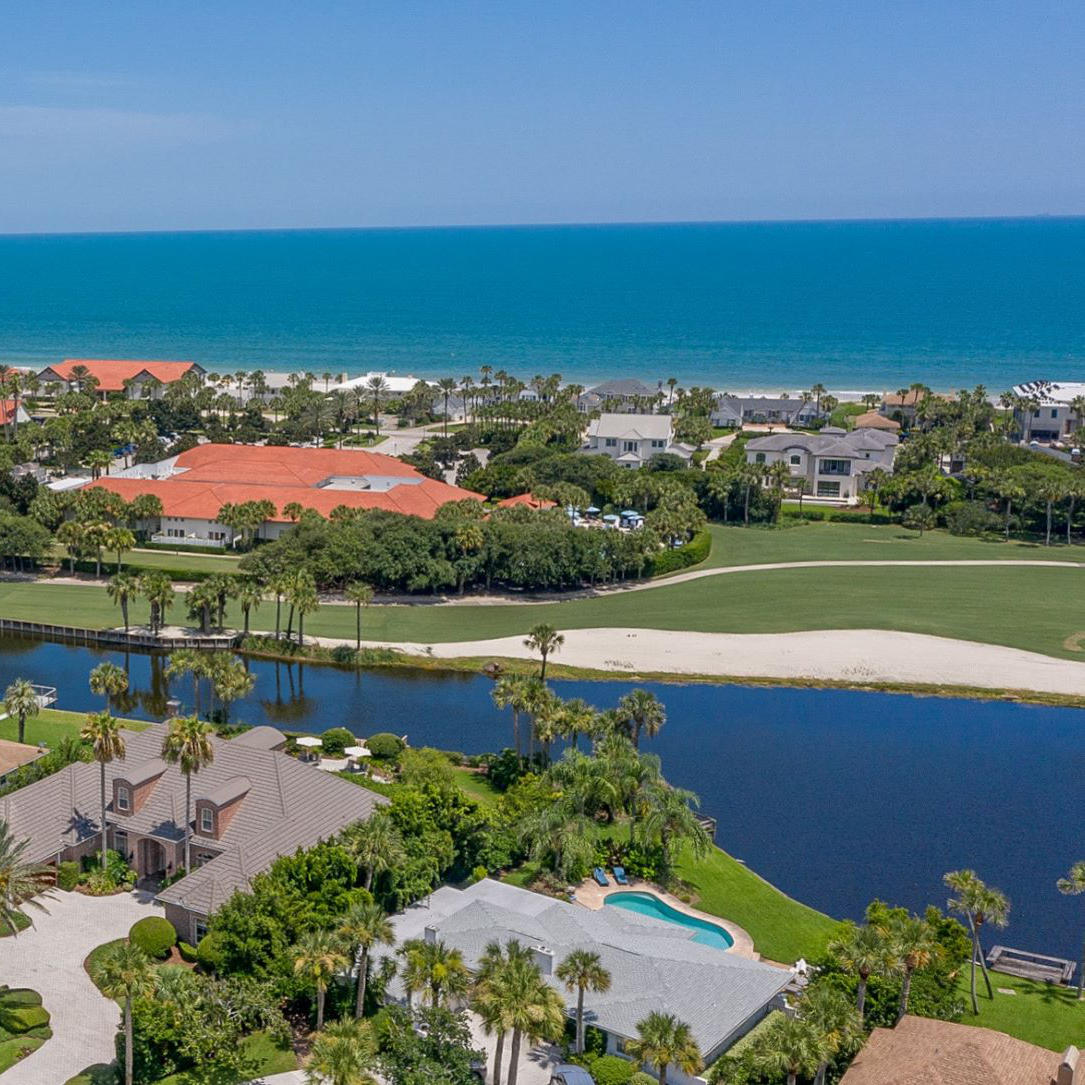
Ponte Vedra
Regulation: Not Regulated
6.4 -
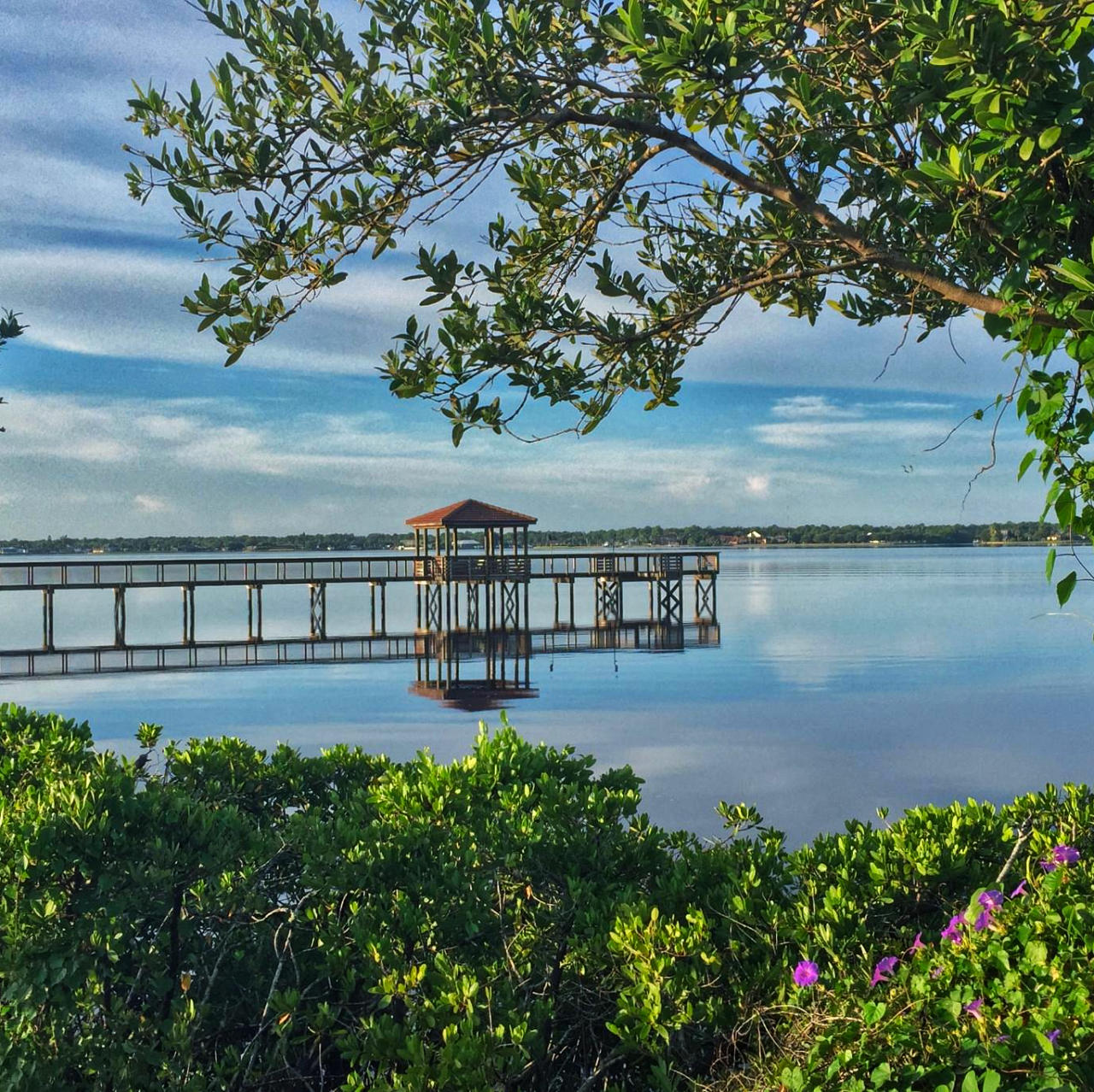
Port Charlotte
Regulation: TBD
6.3 -
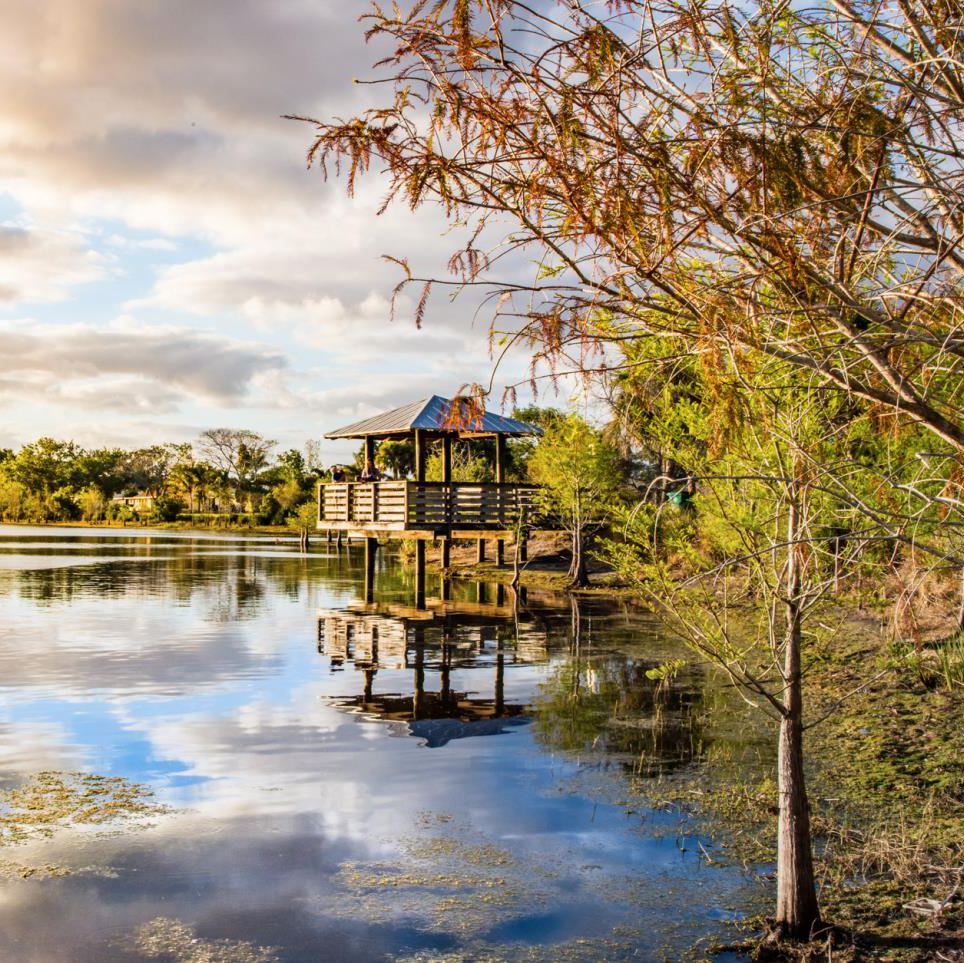
Port St. Lucie
Regulation: Allowed
7.1 -
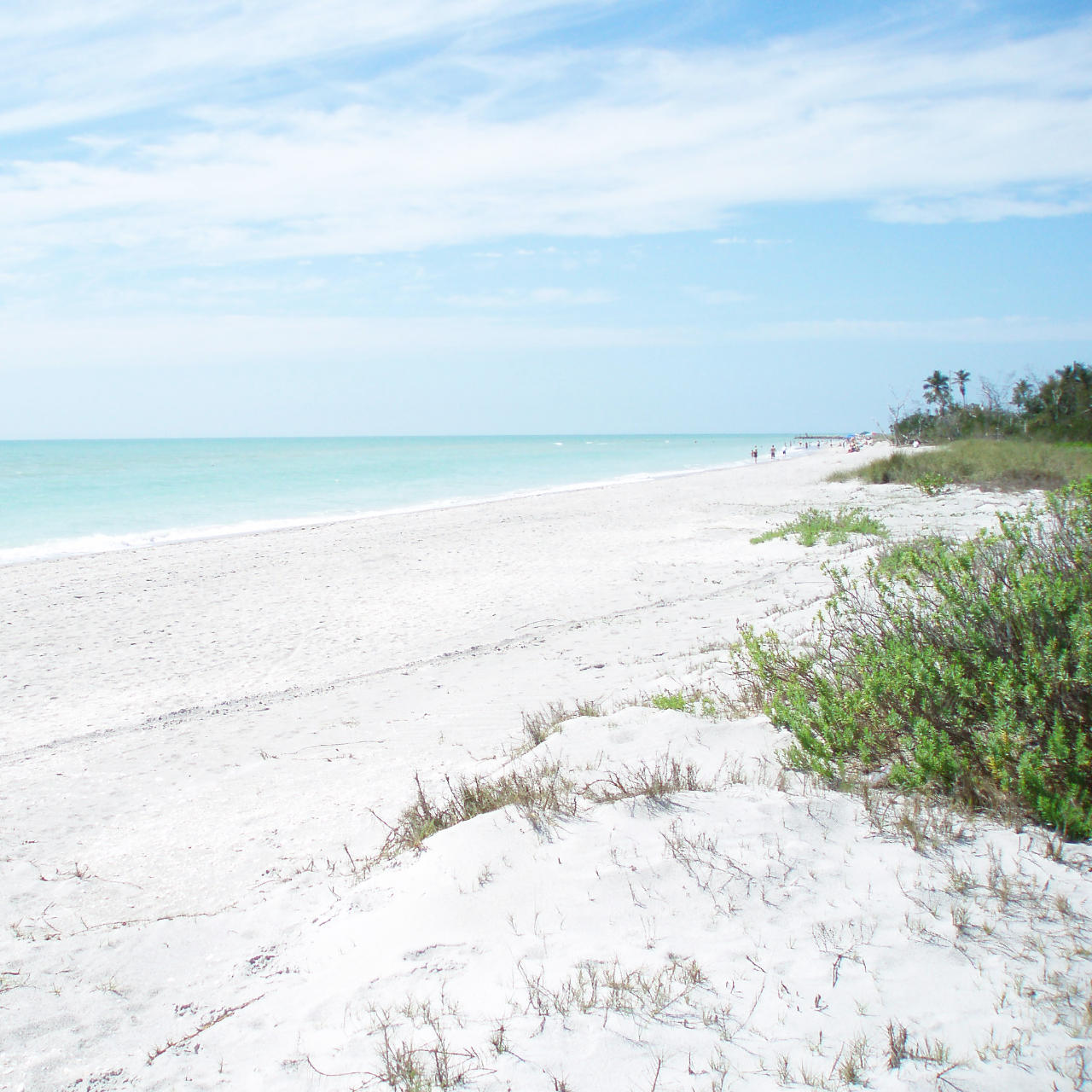
Sanibel
Regulation: TBD
5.7 -
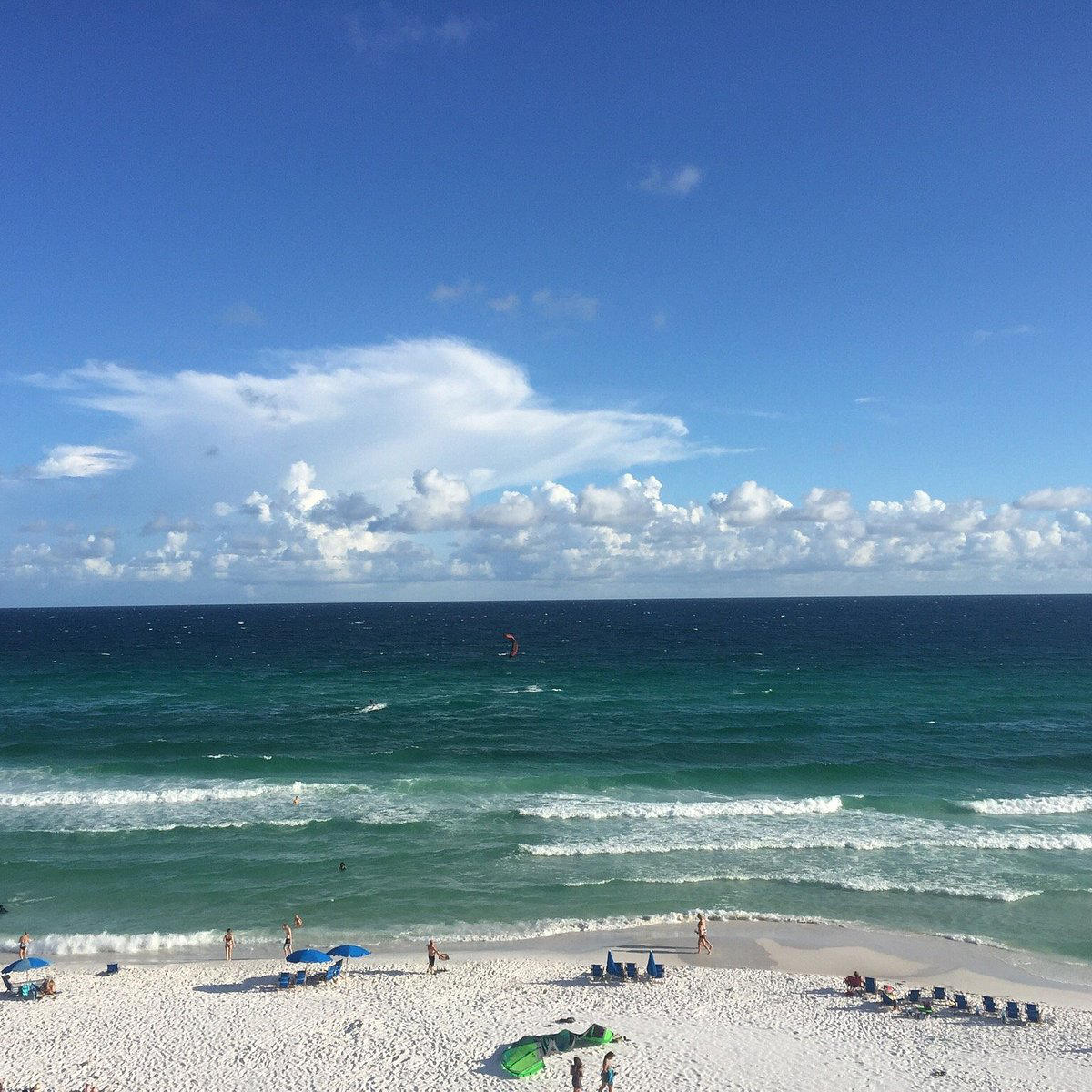
Santa Rosa Beach
Regulation: Allowed
5.6 -
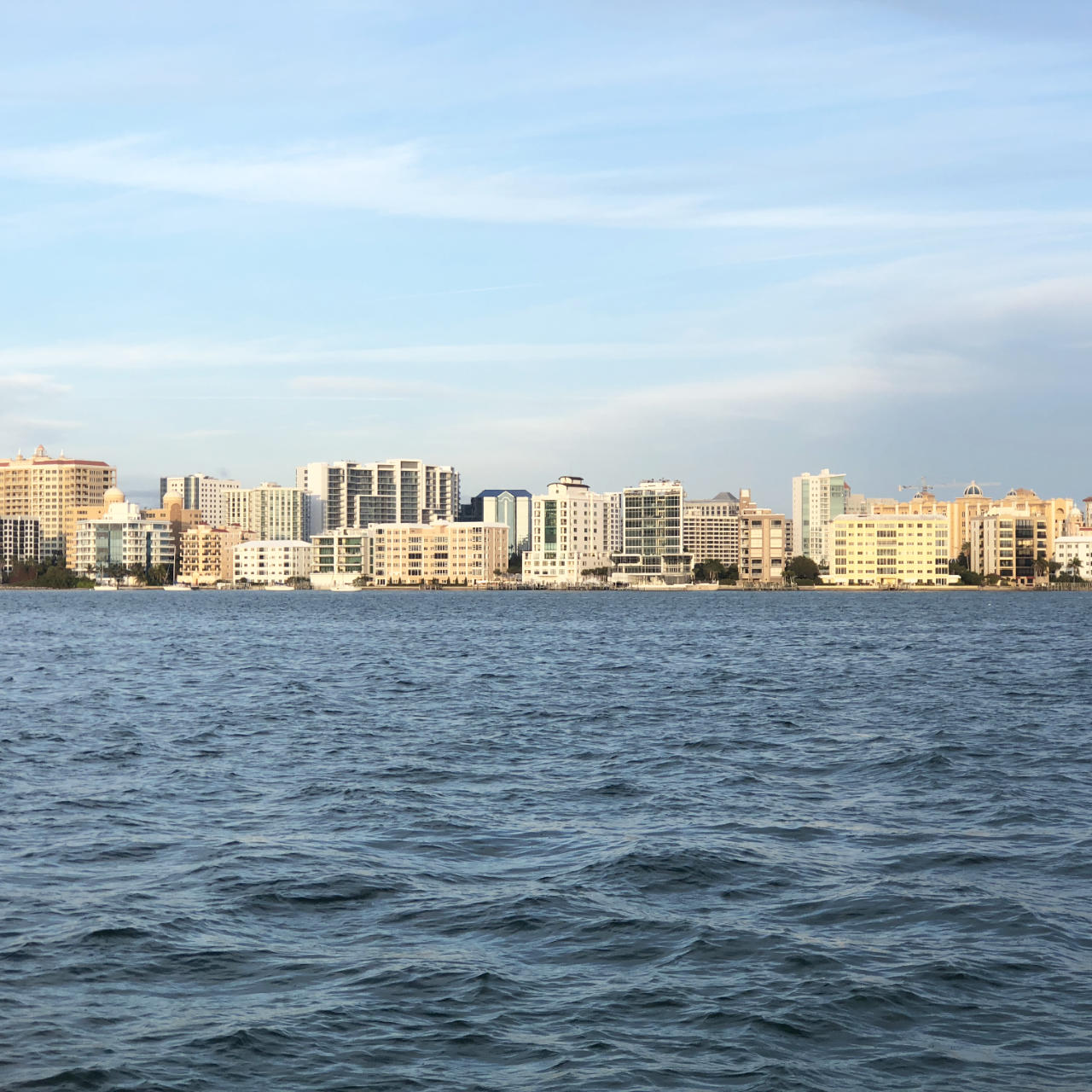
Sarasota
Regulation: TBD
6.0 -
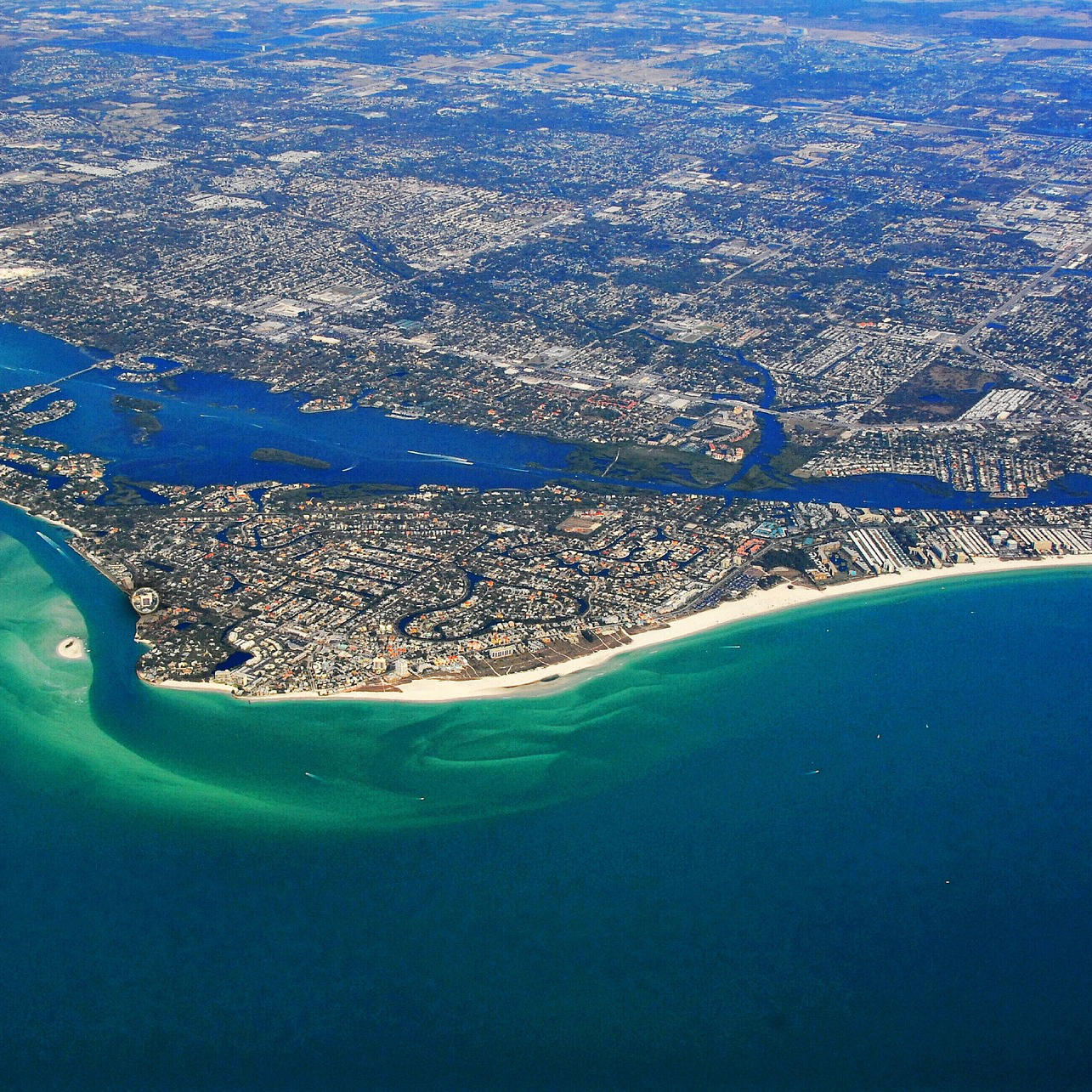
Siesta Key
Regulation: Restricted
5.1 -
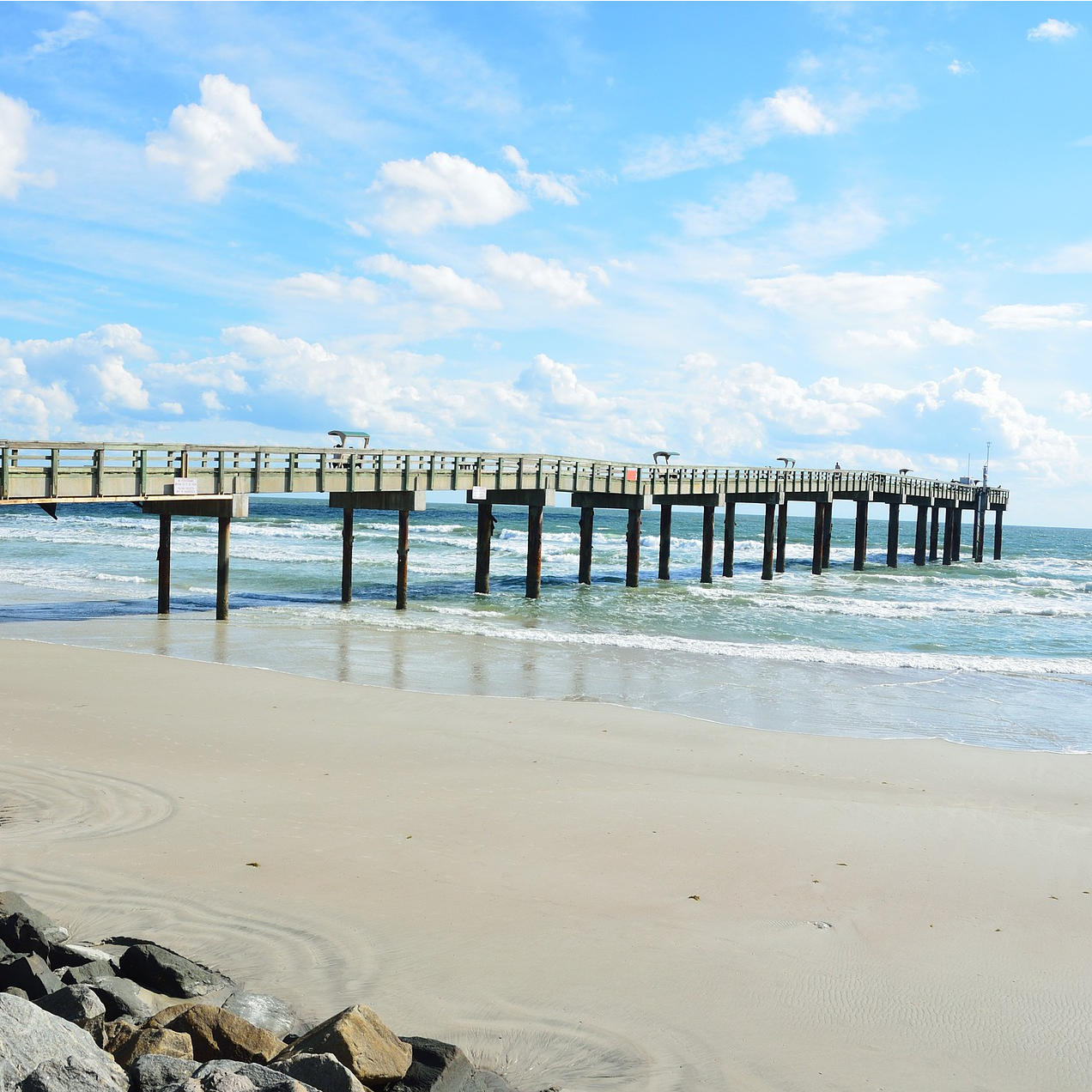
St. Augustine
Regulation: Restricted
5.5 -
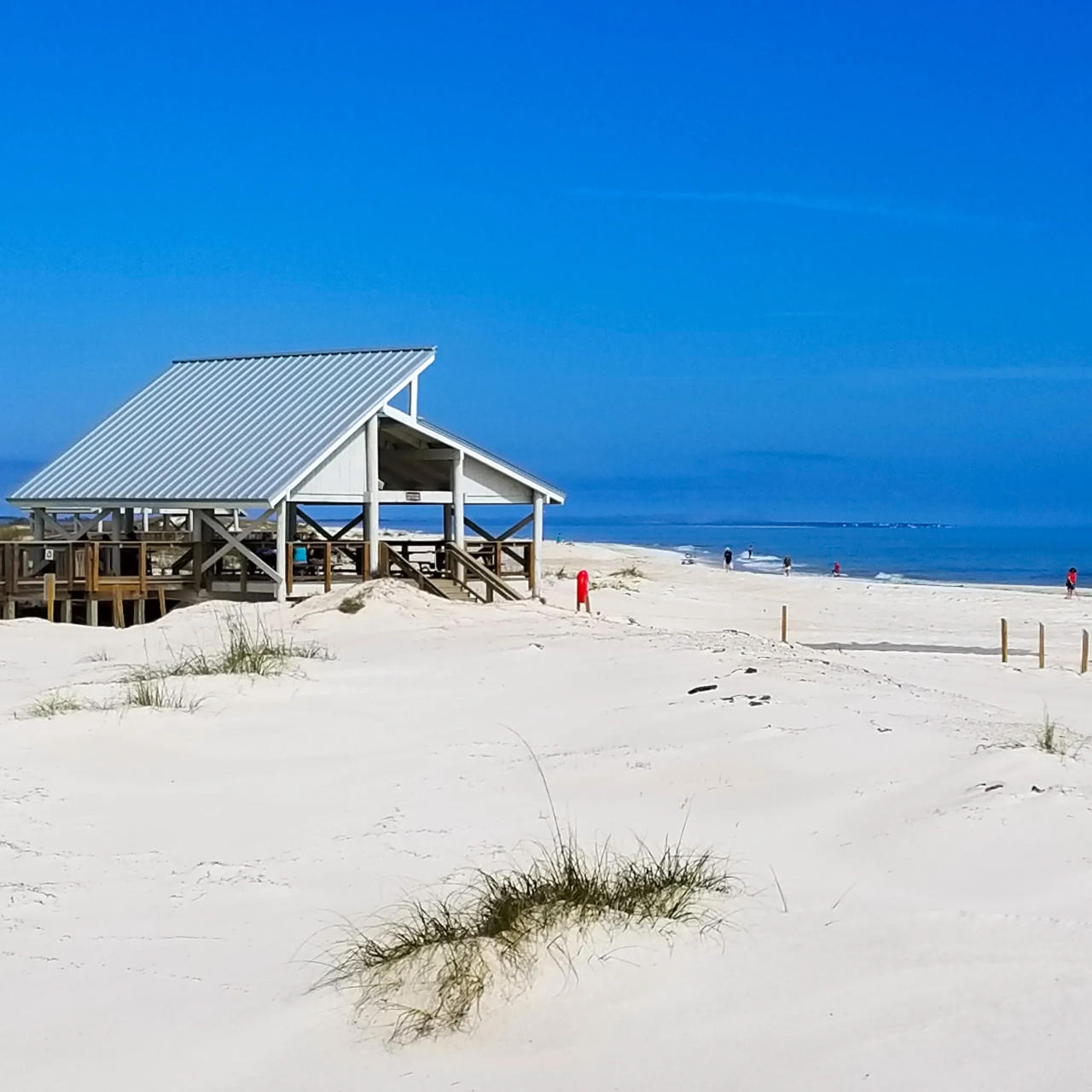
St. George Island
Regulation: TBD
5.0 -
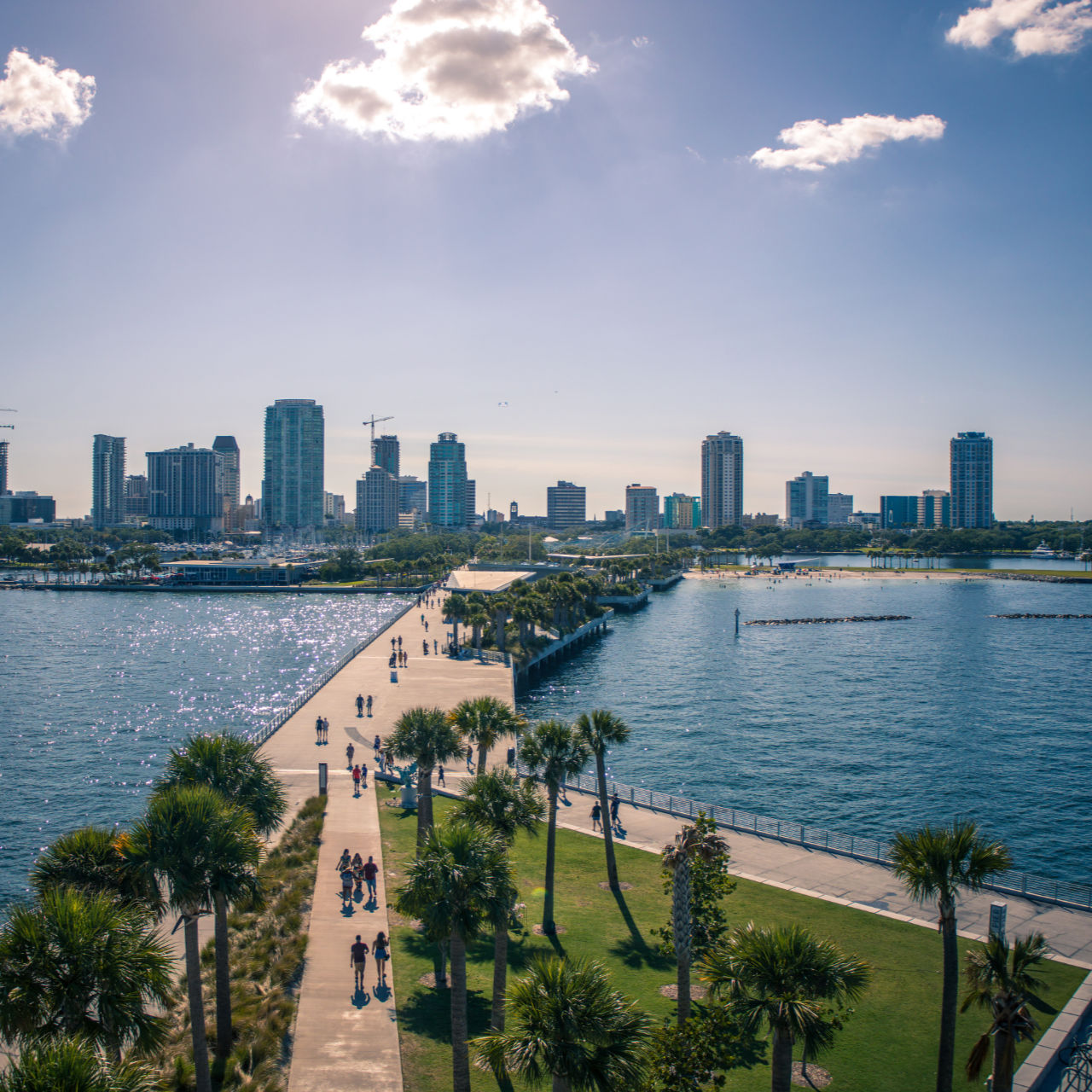
St. Petersburg
Regulation: Restricted
4.7 -
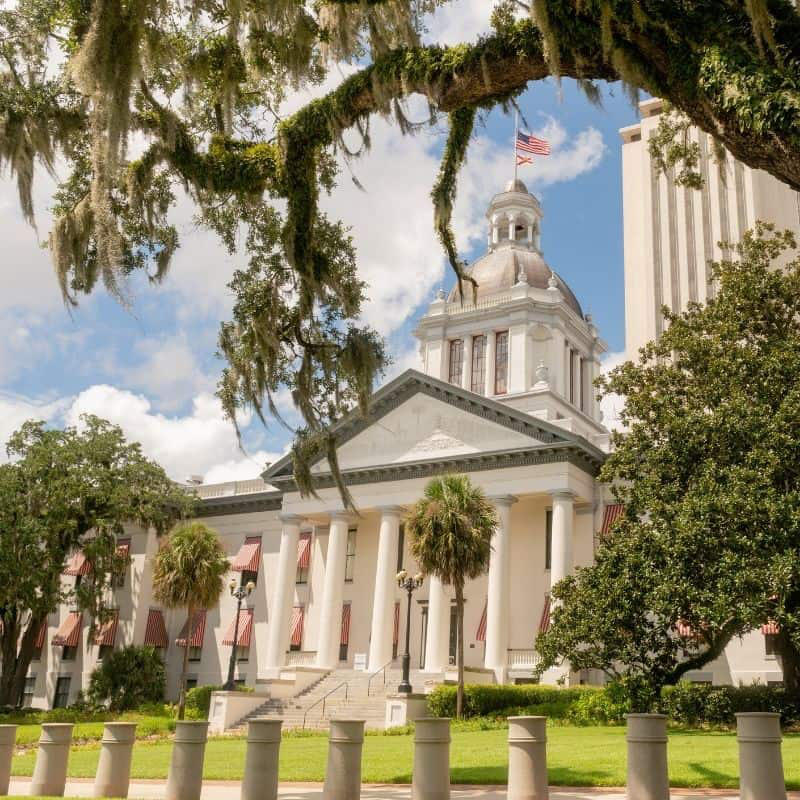
Tallahassee
Regulation: TBD
6.4 -
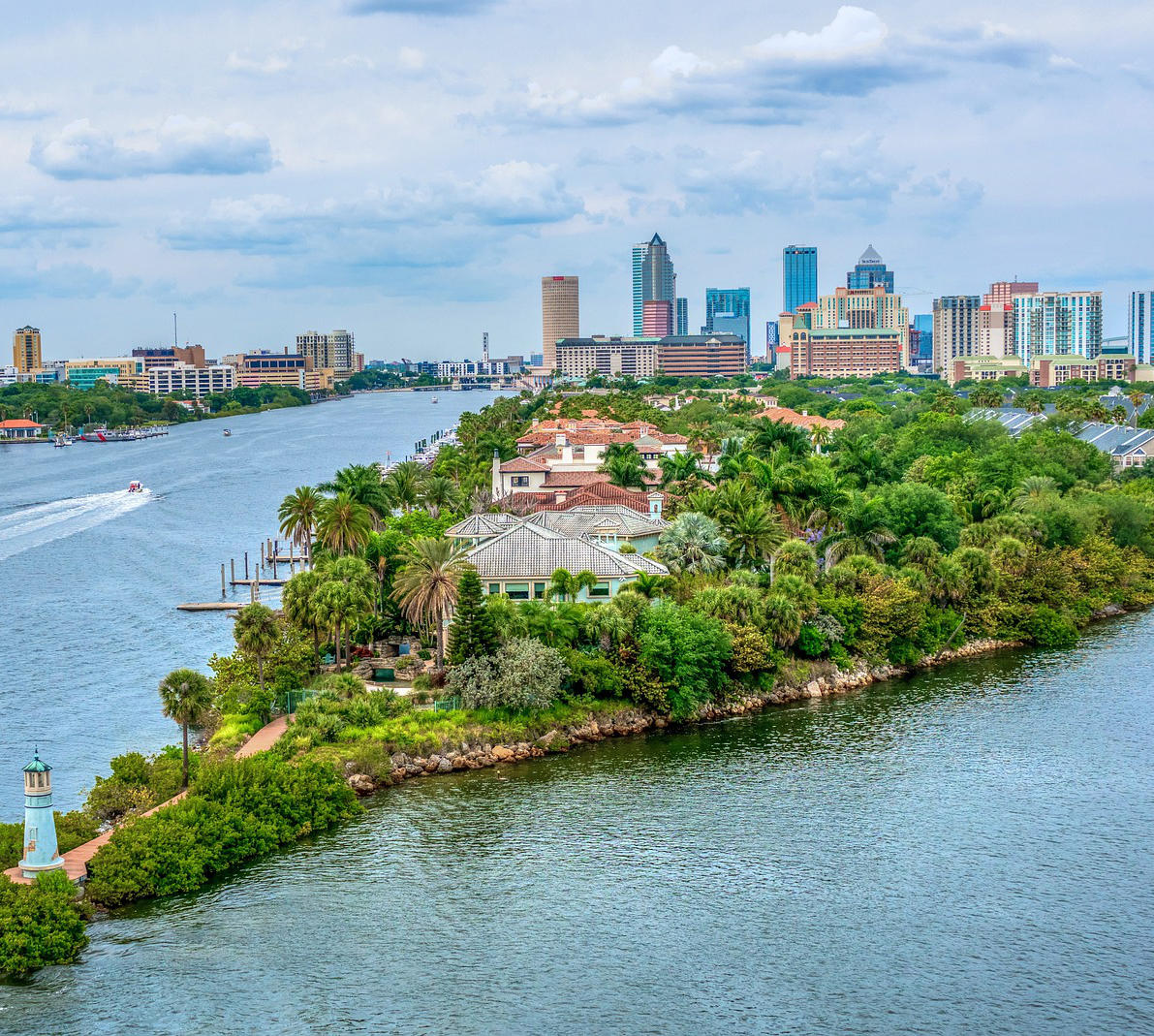
Tampa
Regulation: Allowed
6.3 -
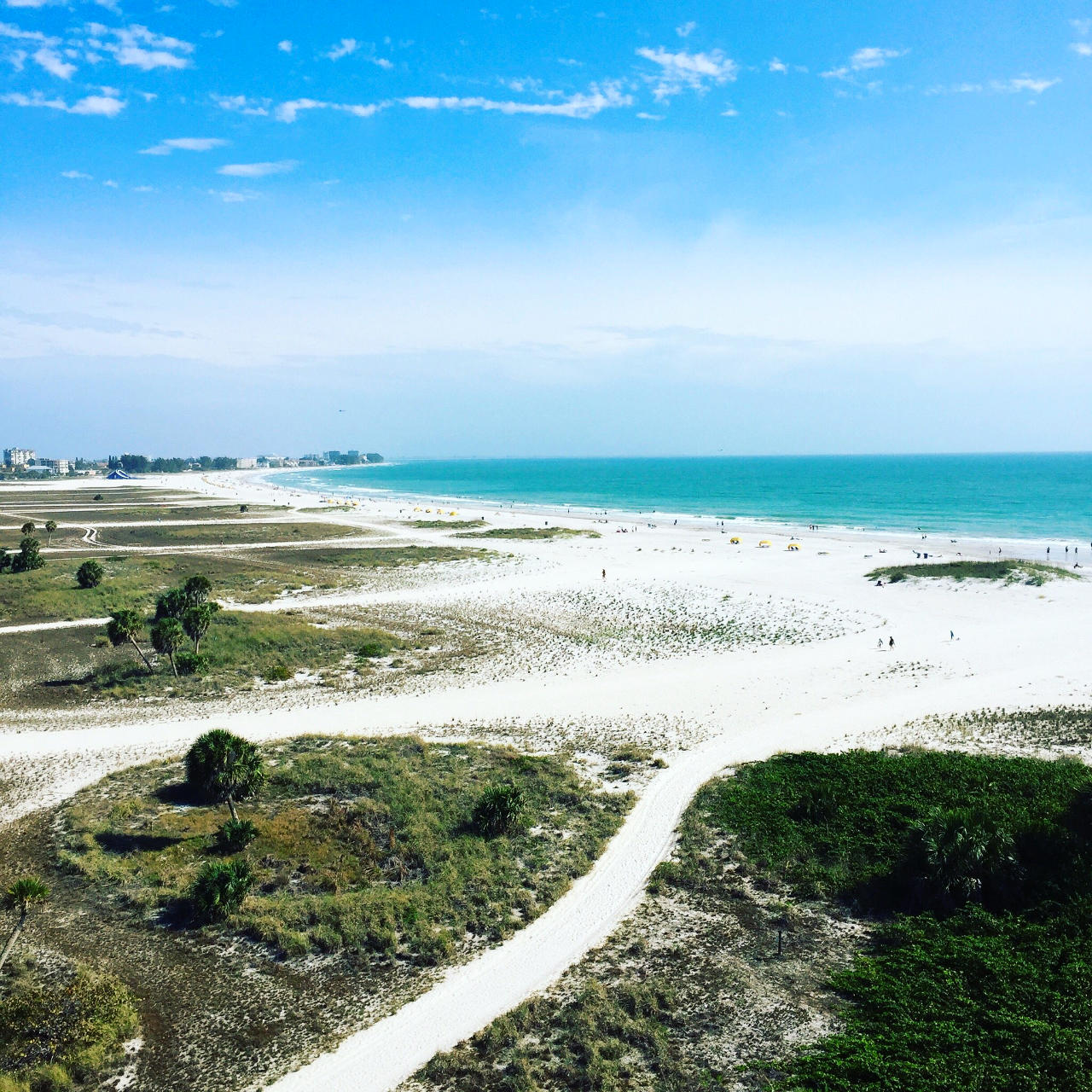
Treasure Island
Regulation: TBD
4.8 -
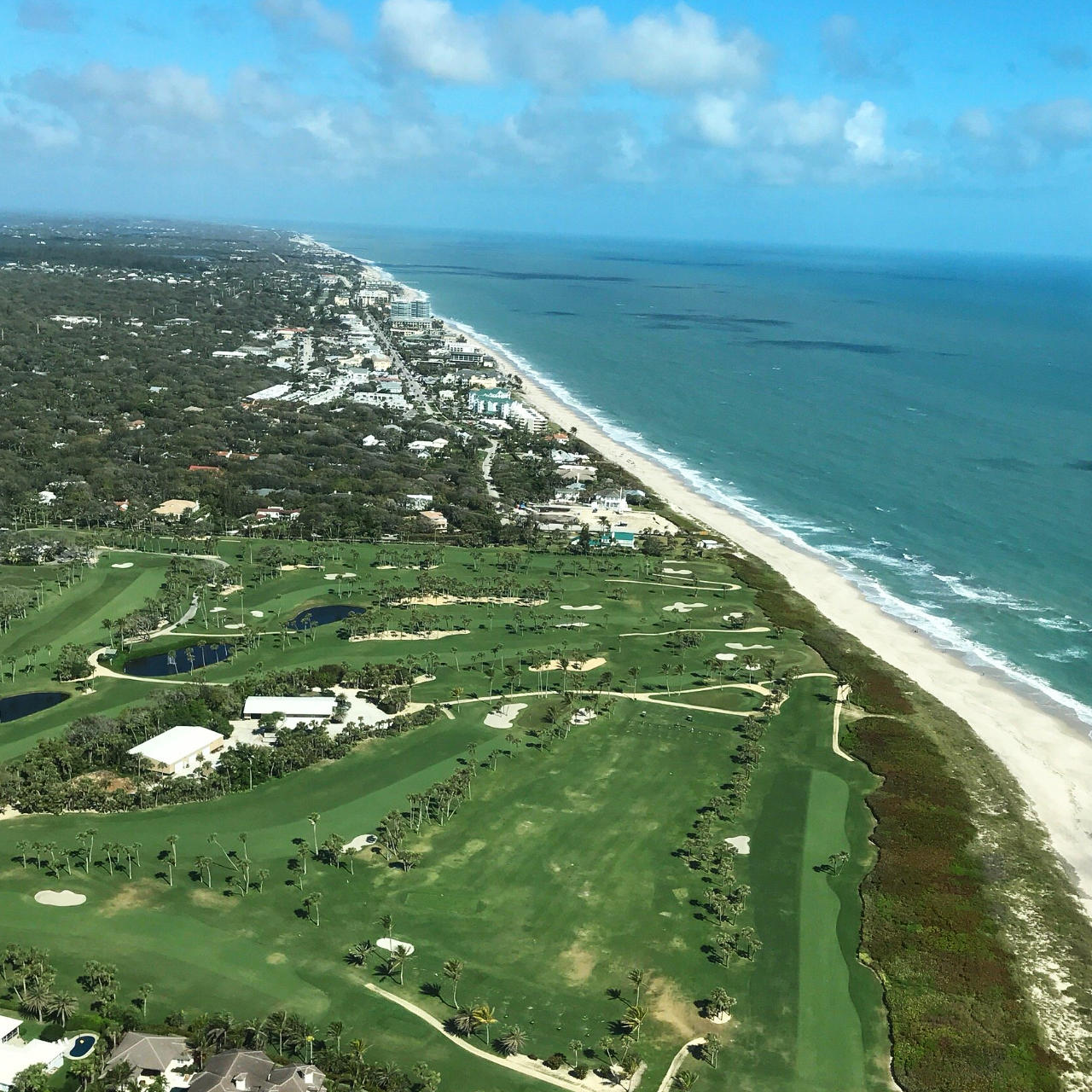
Vero Beach
Regulation: TBD
6.0 -
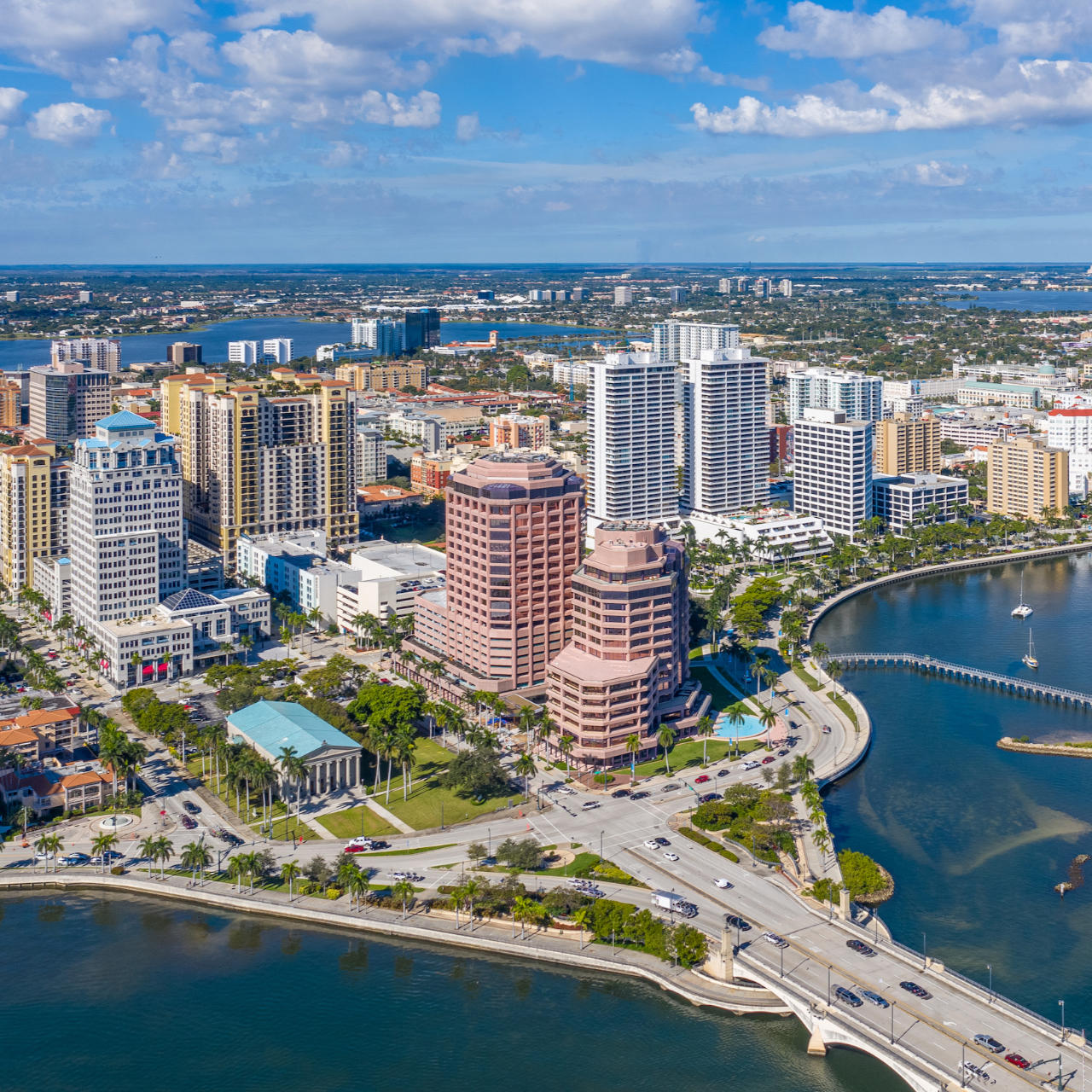
West Palm Beach
Regulation: Restricted
5.2

